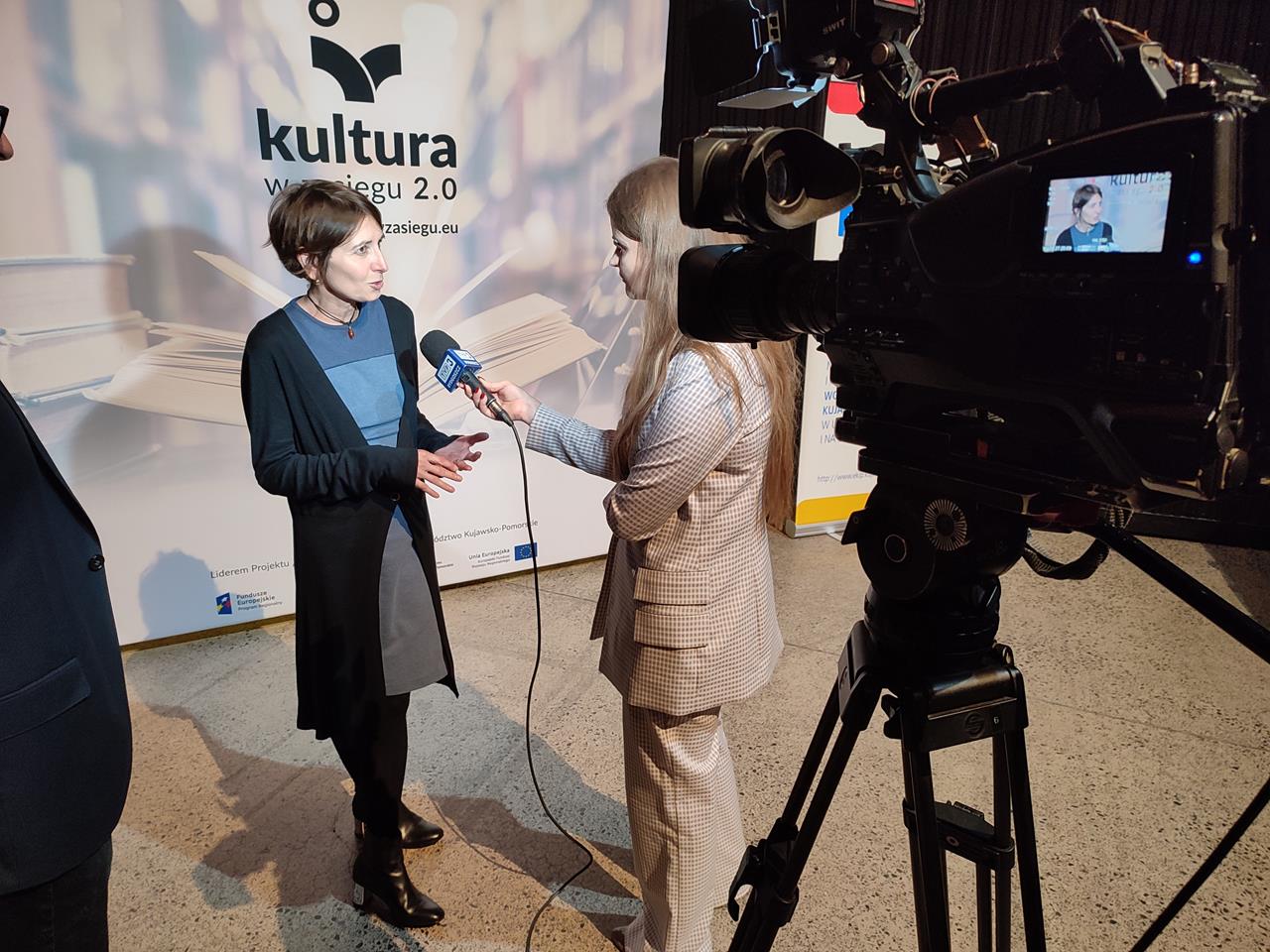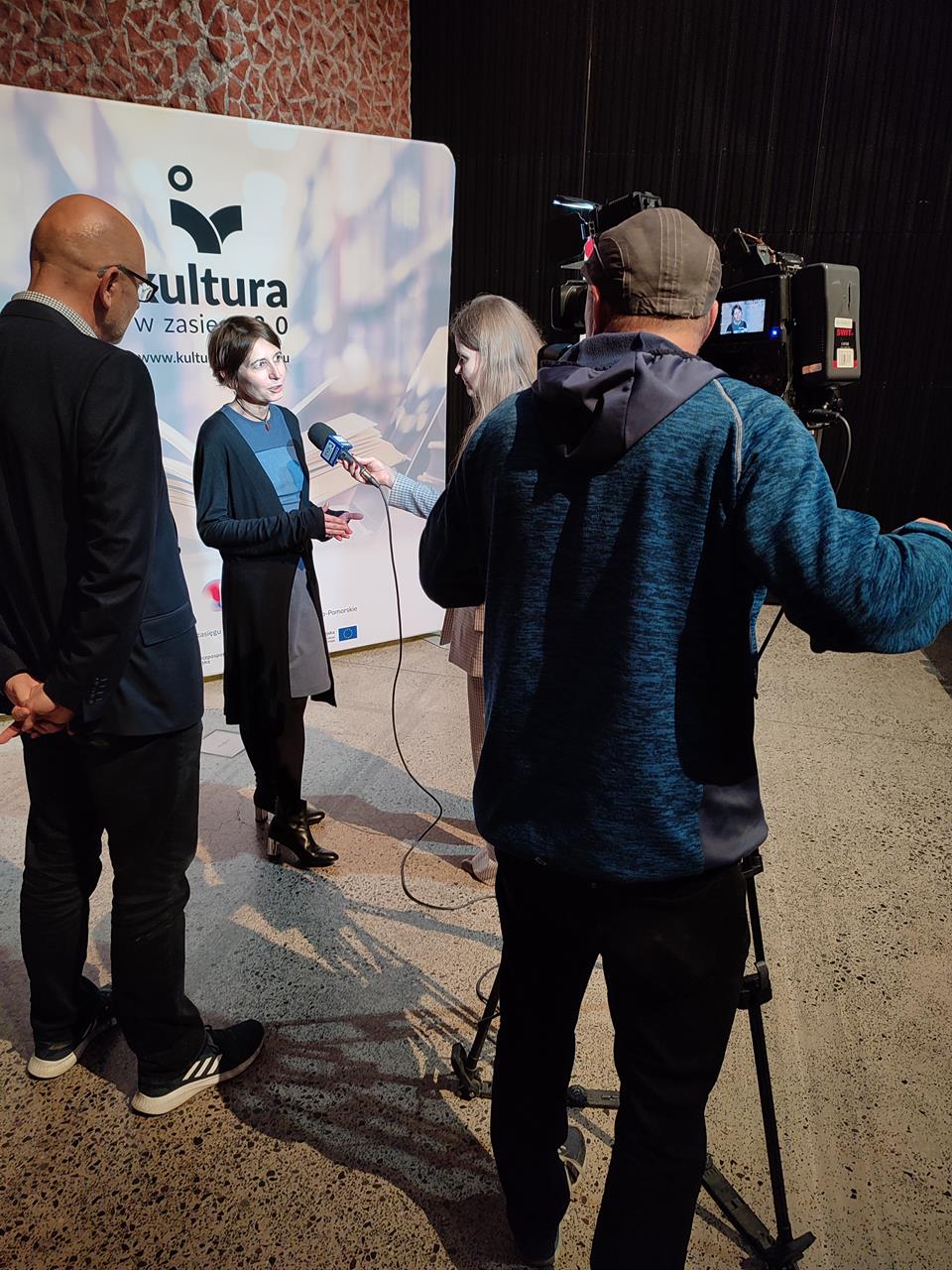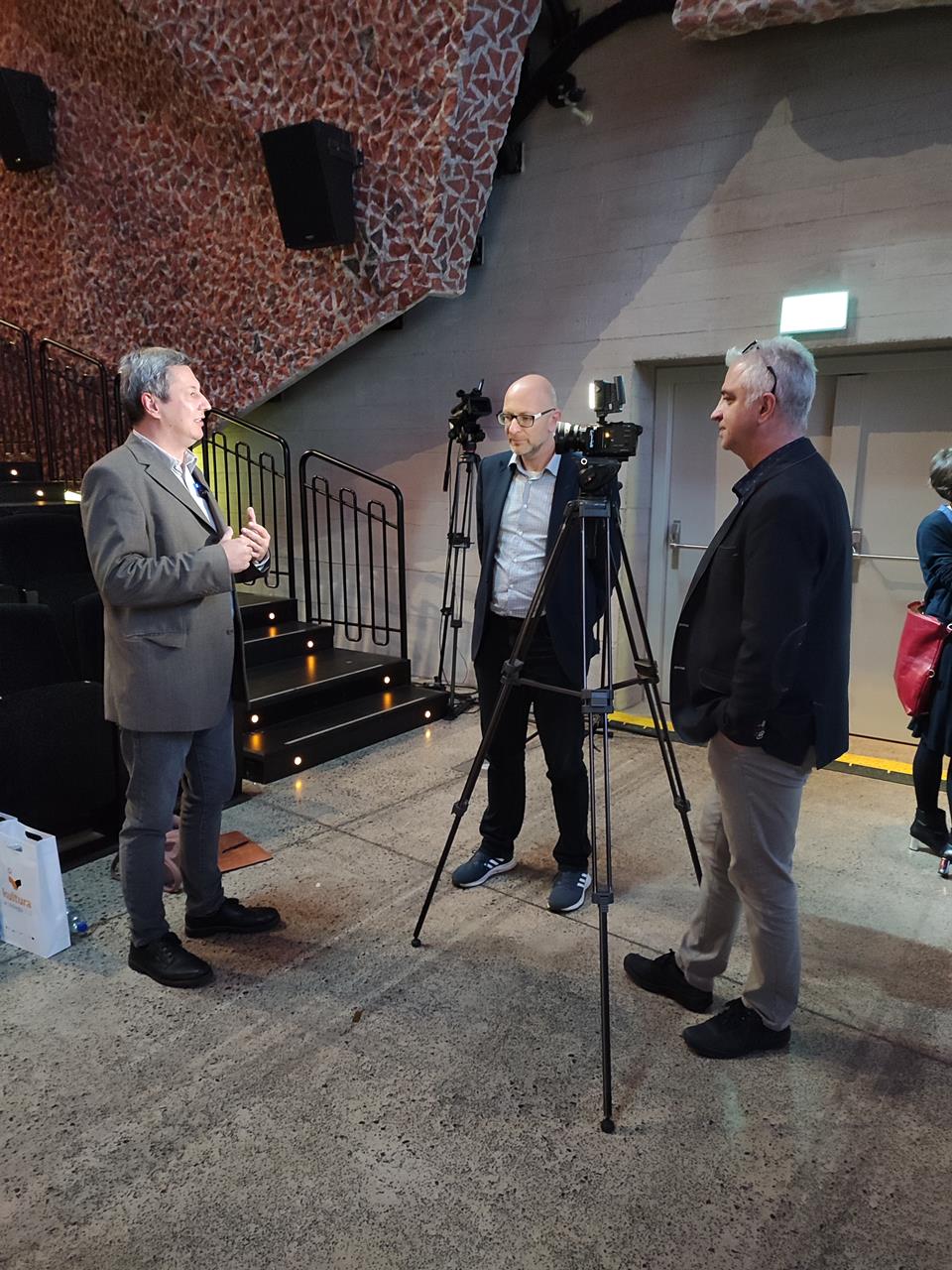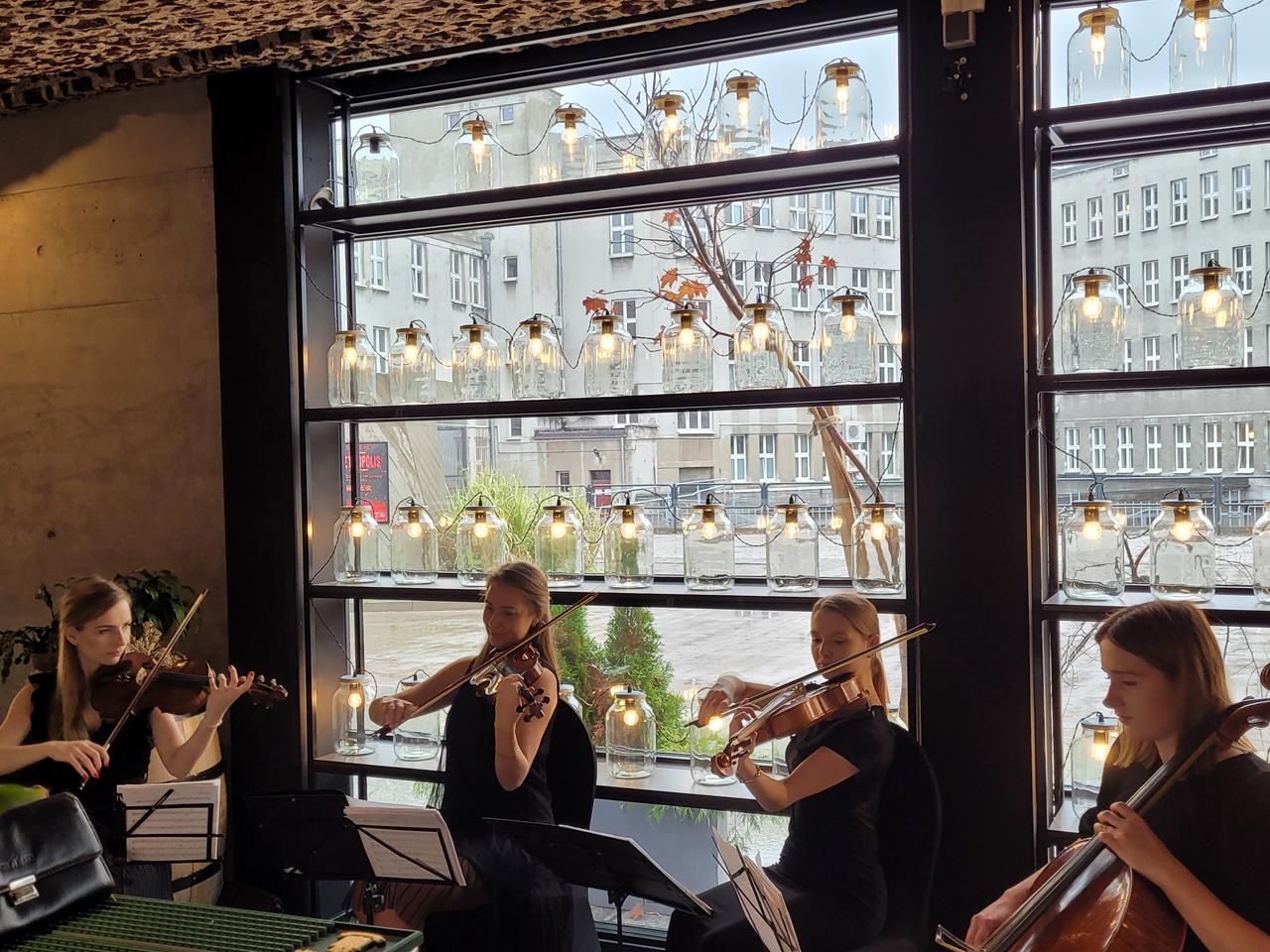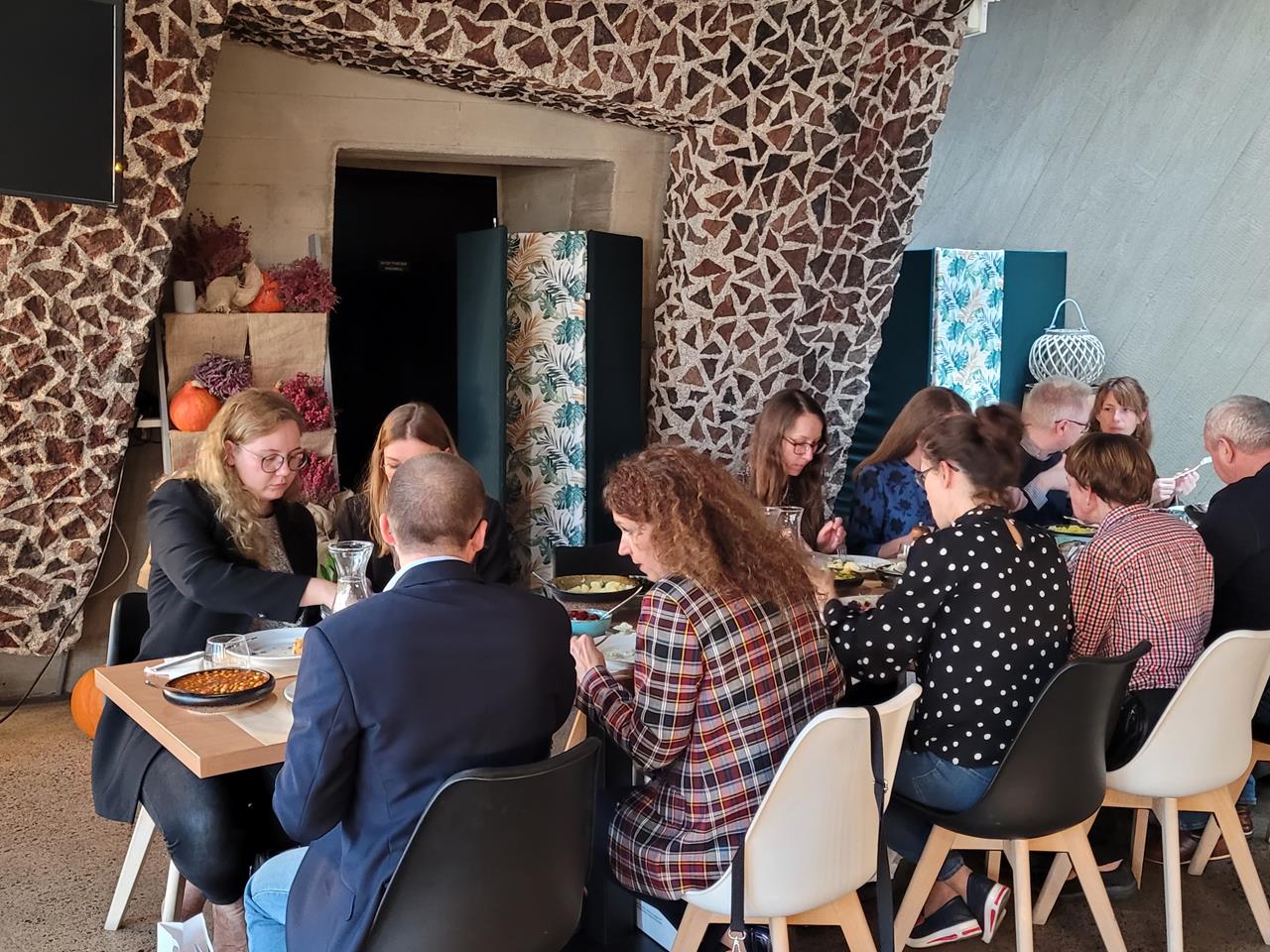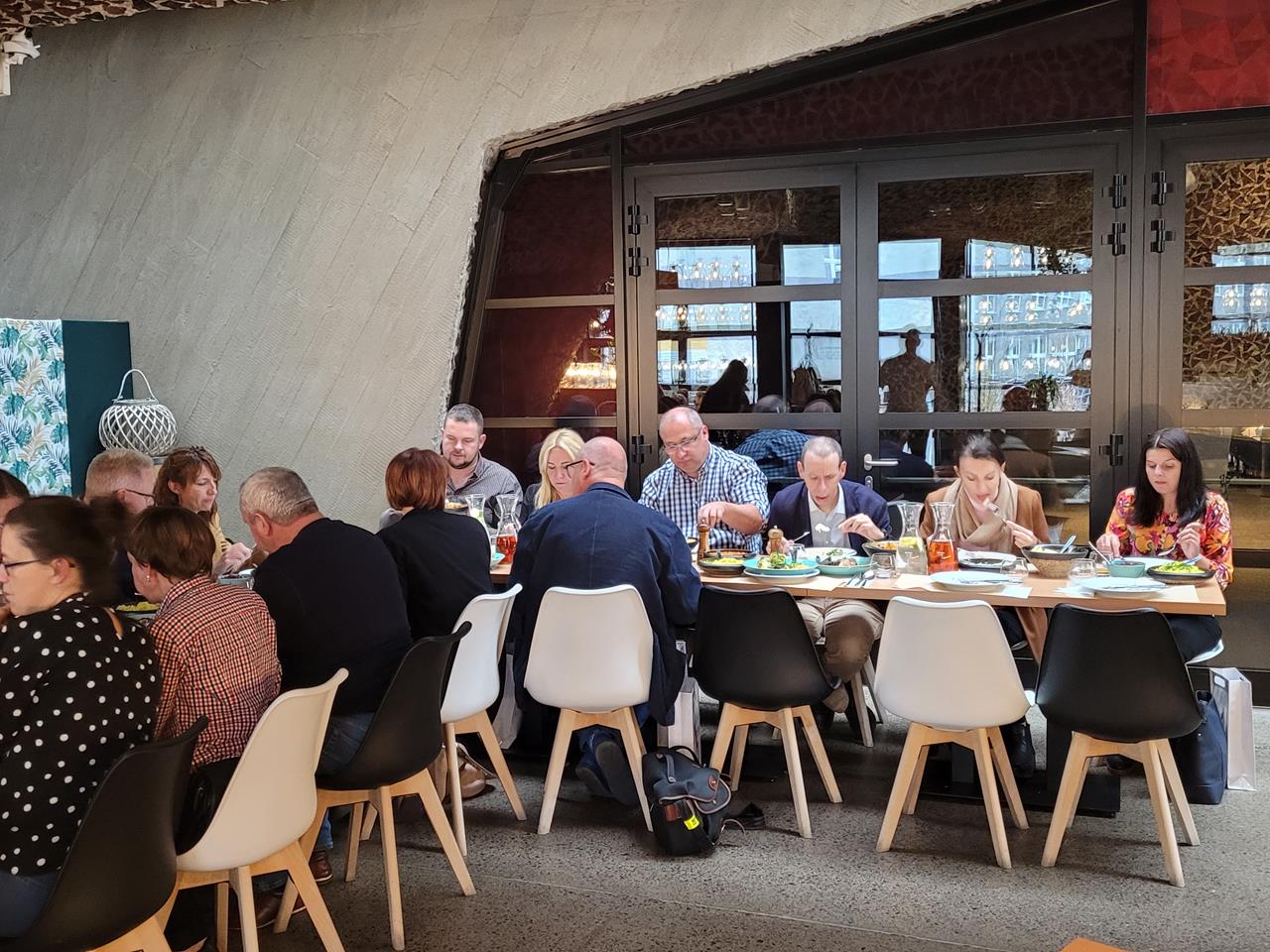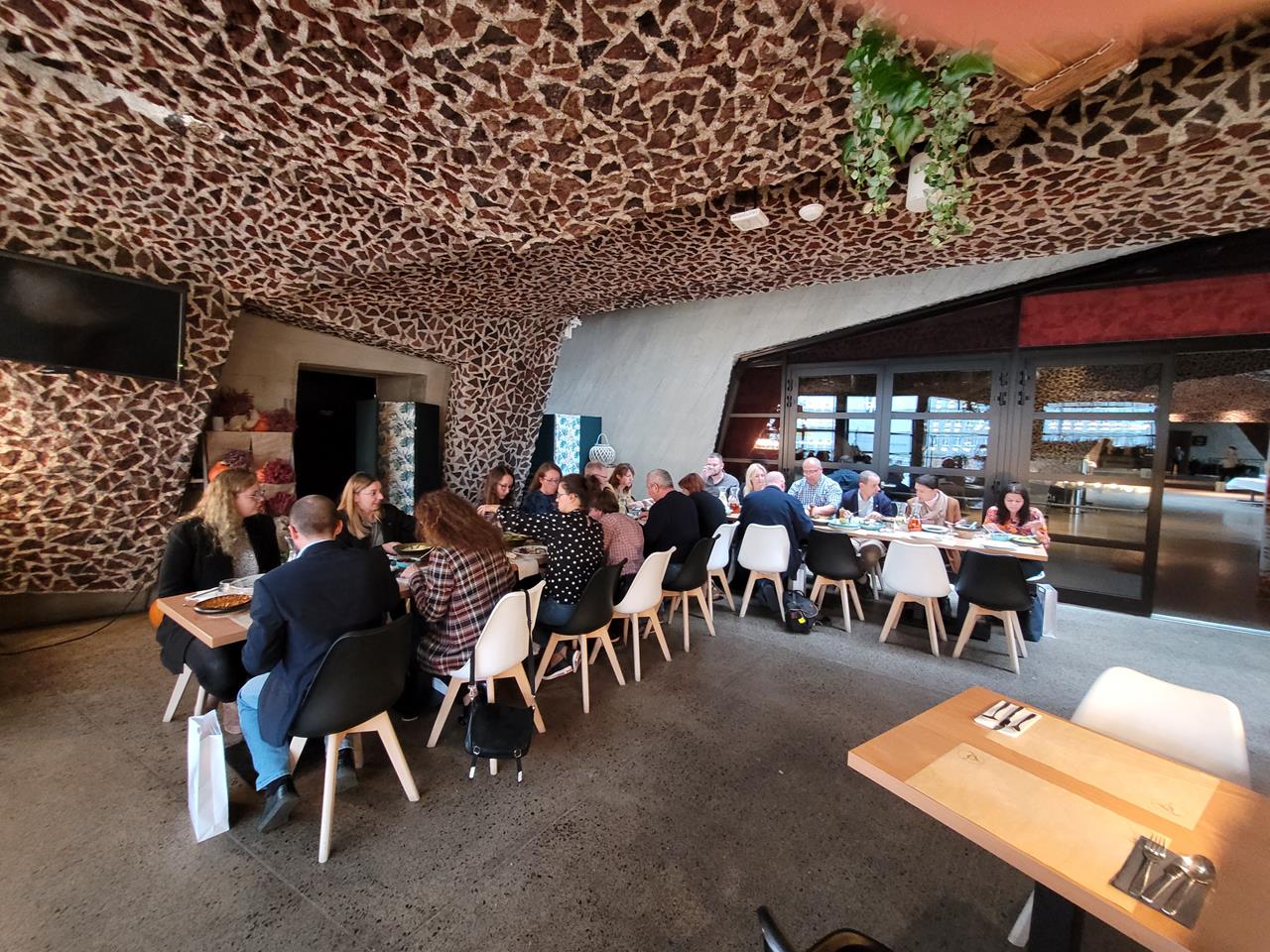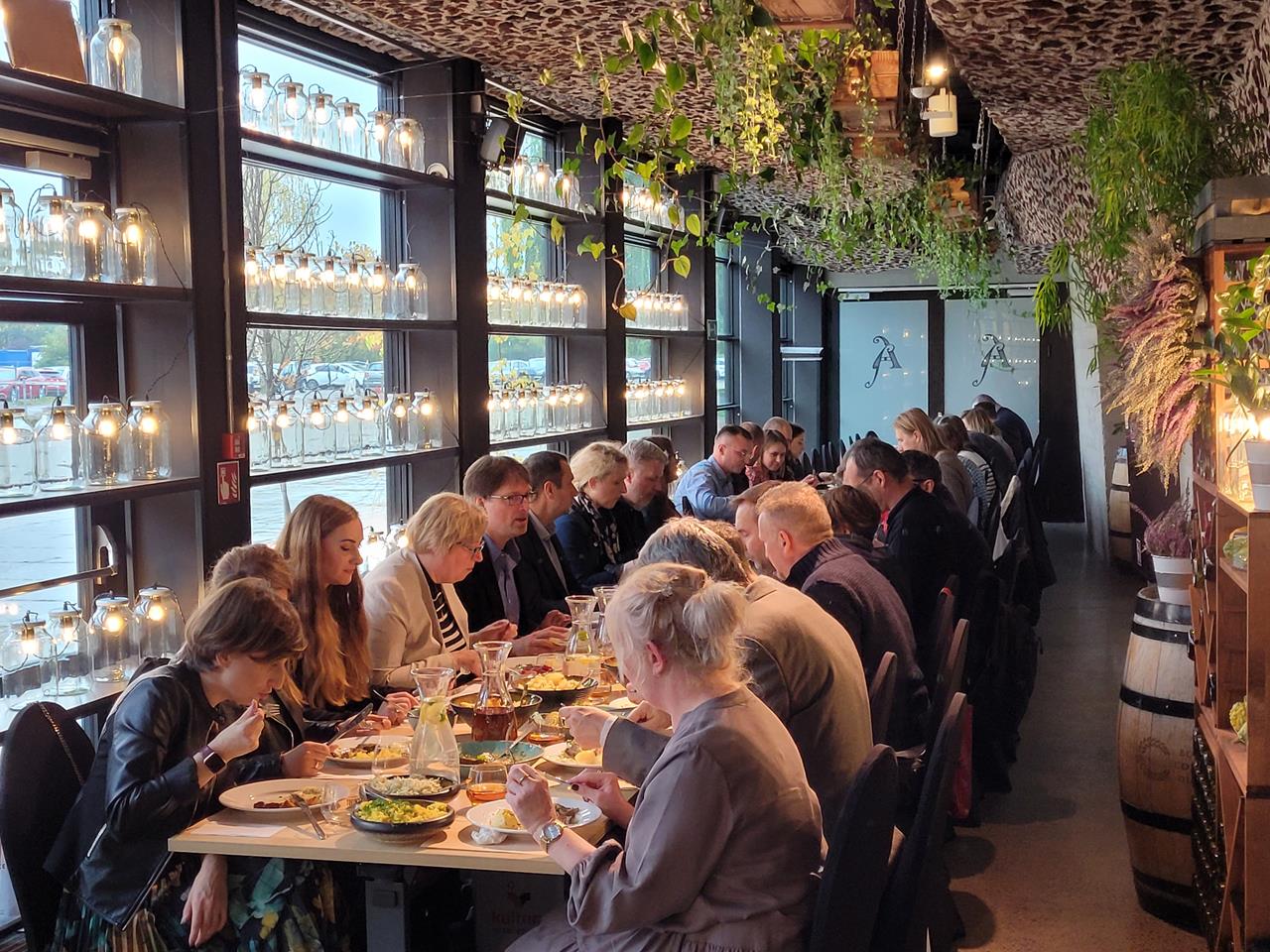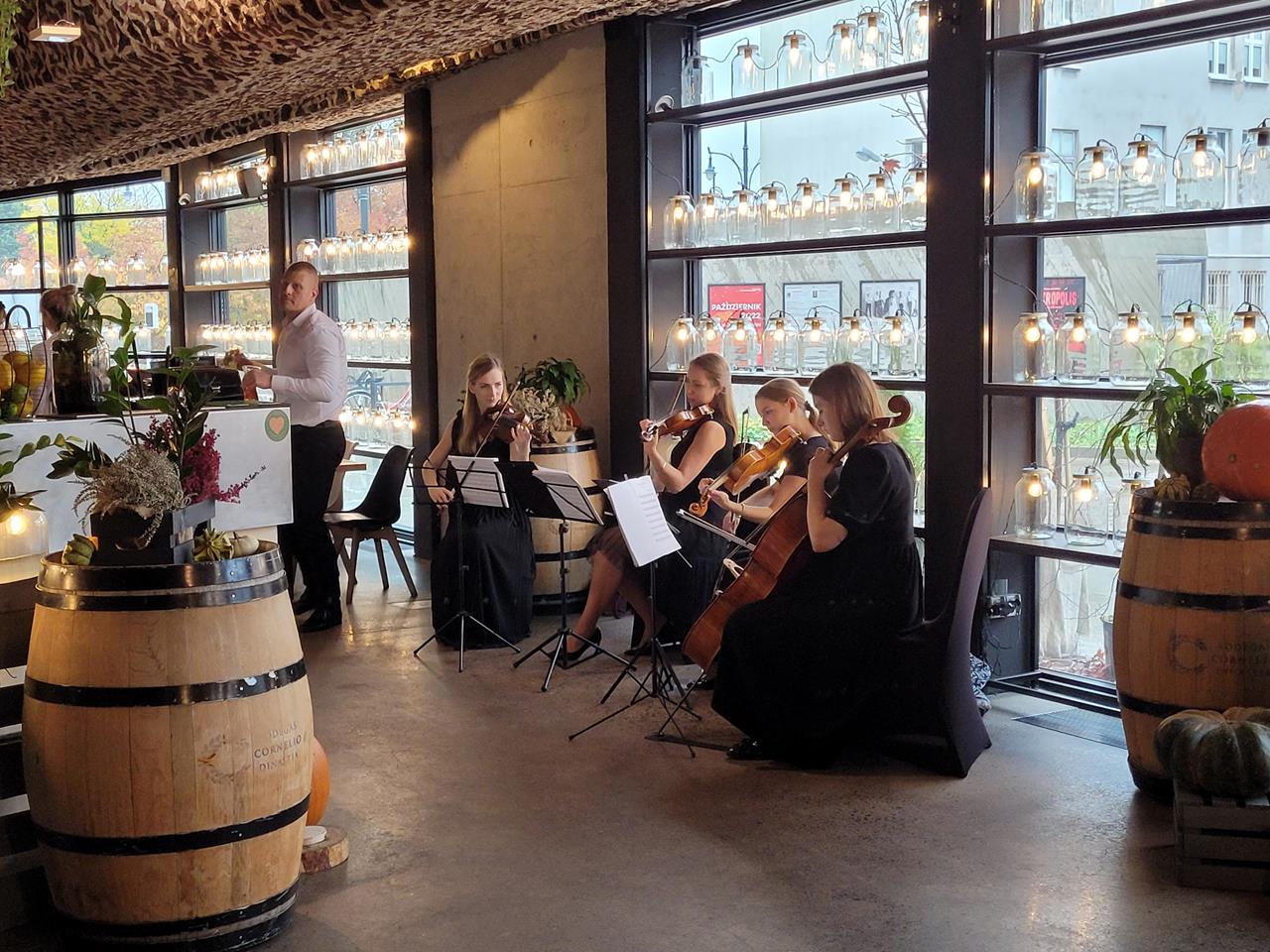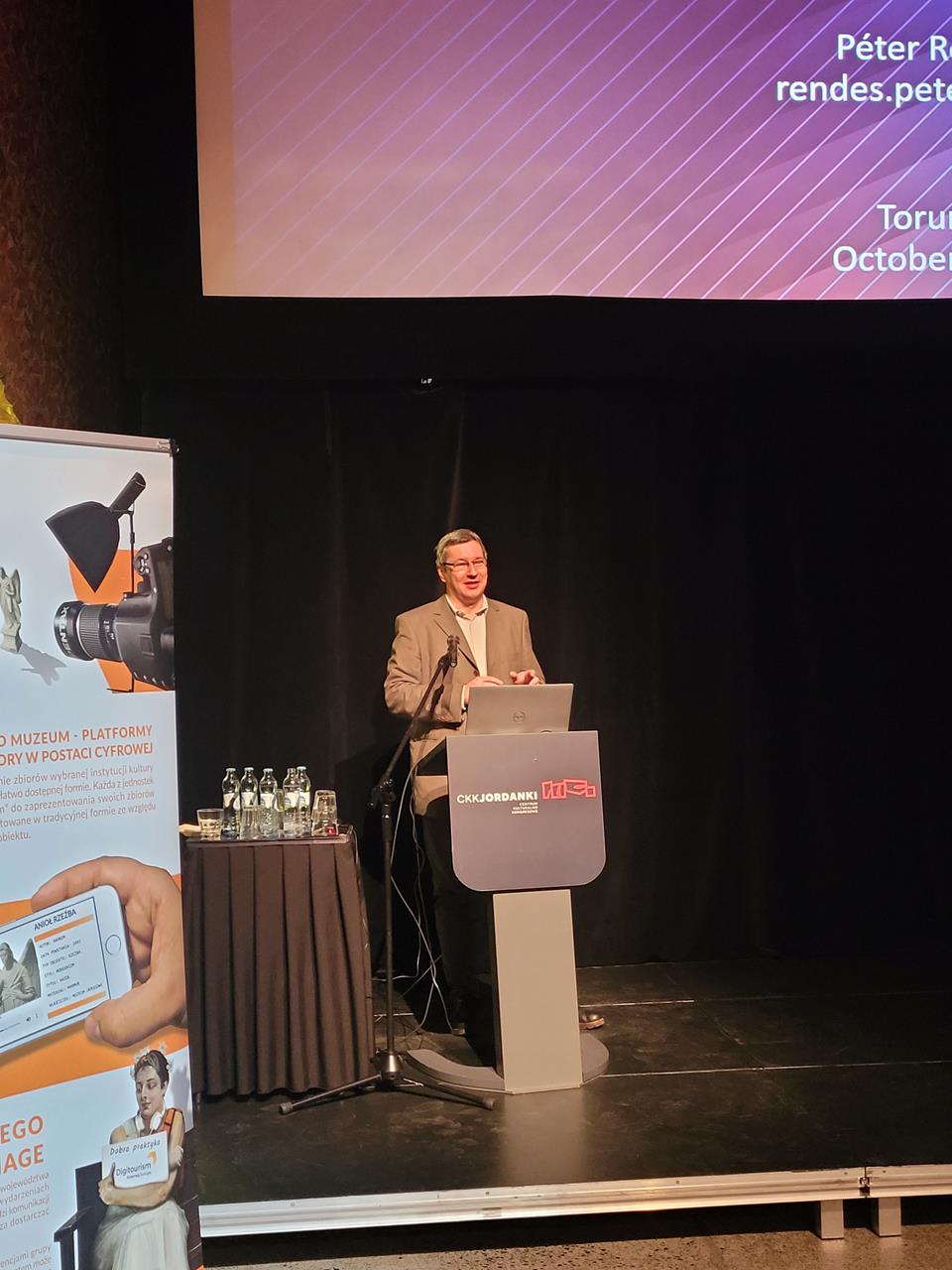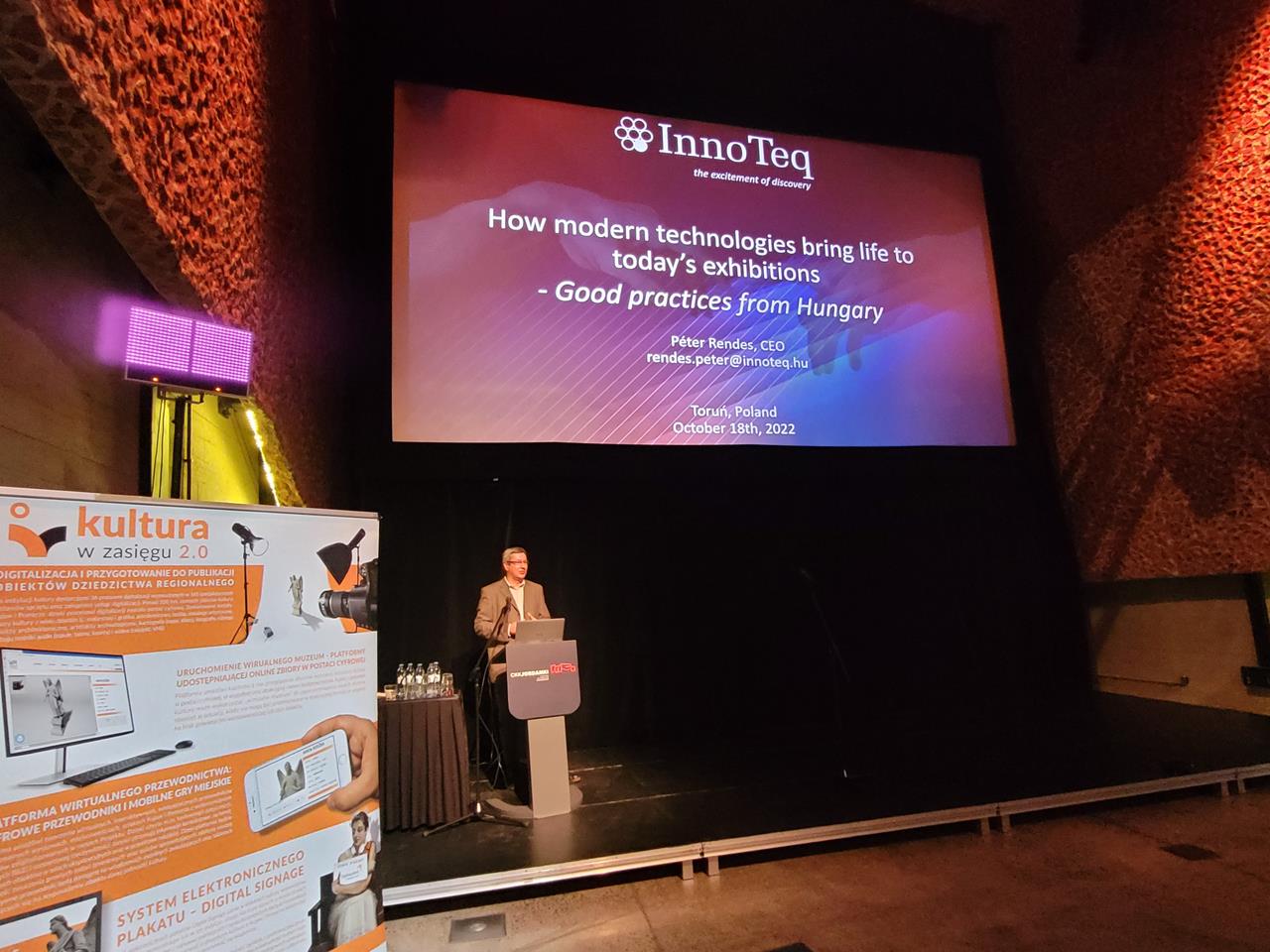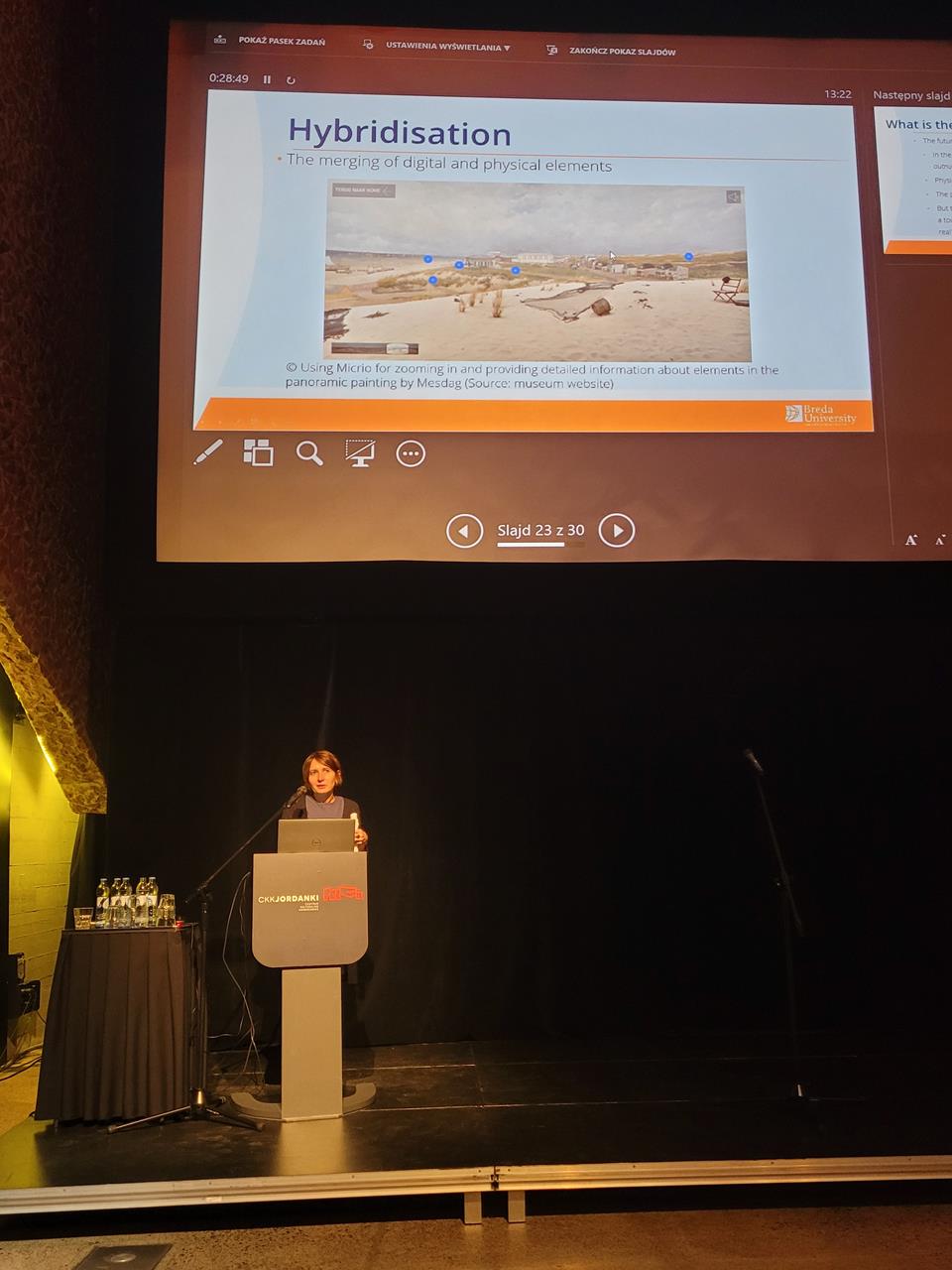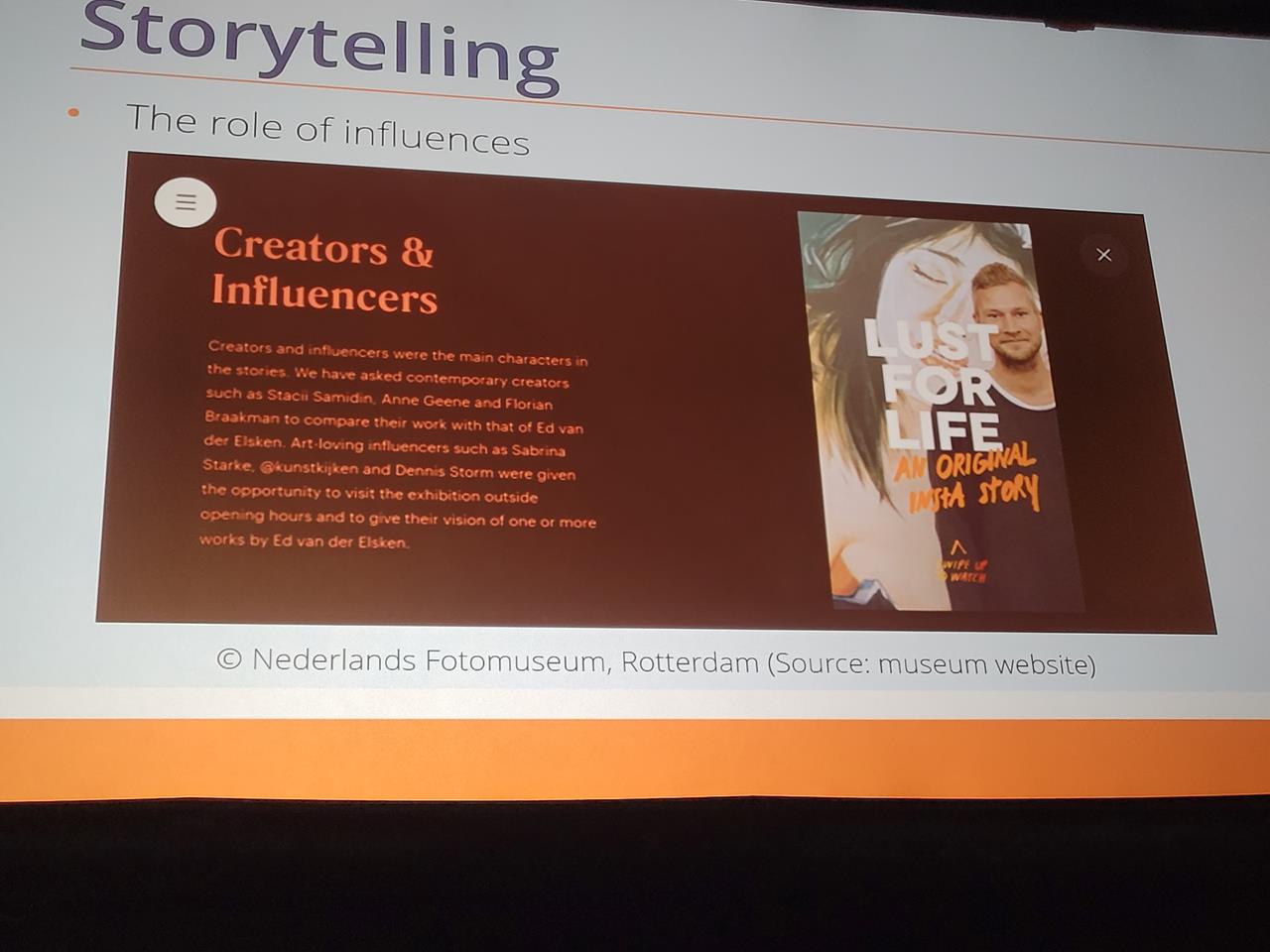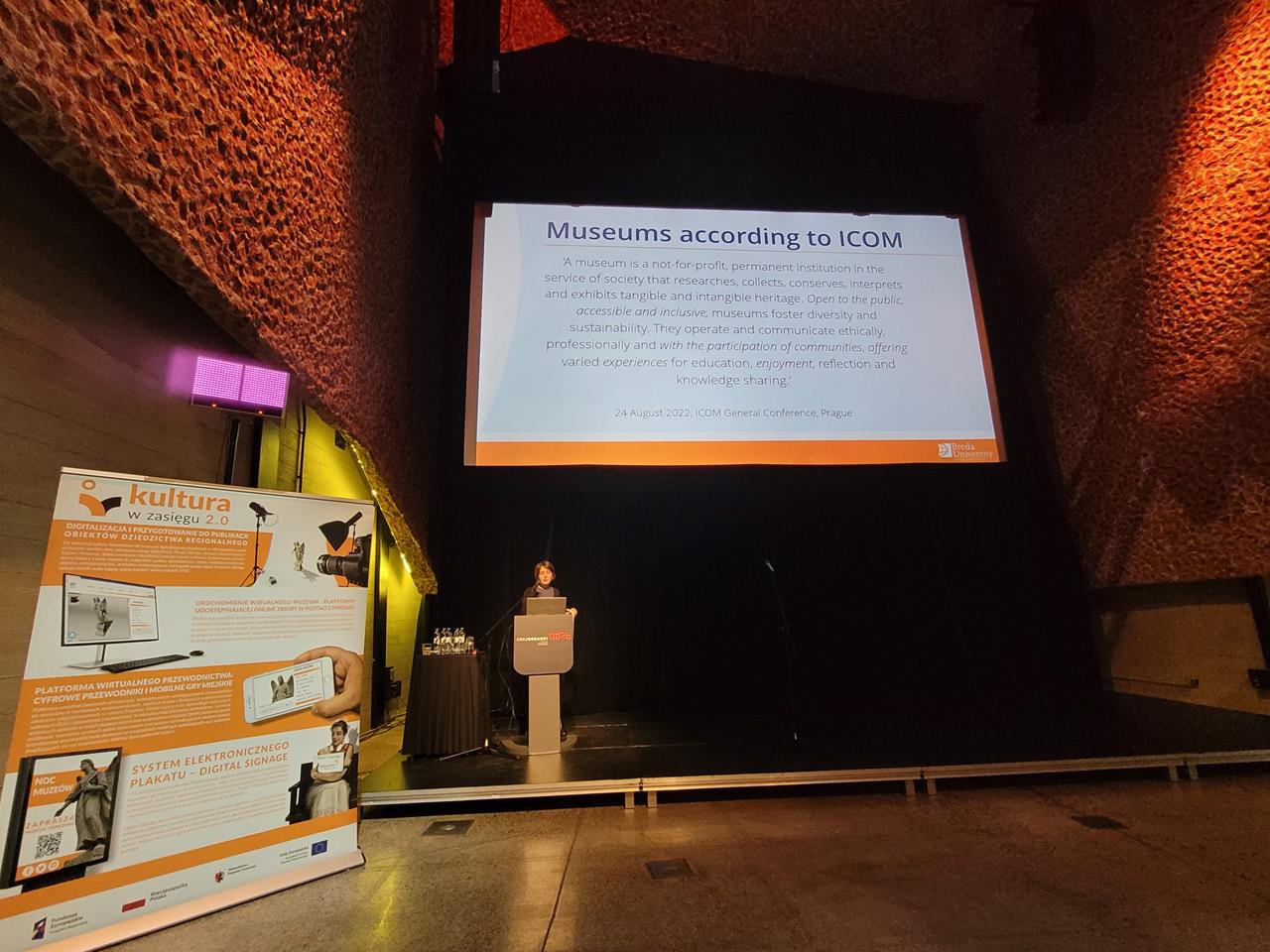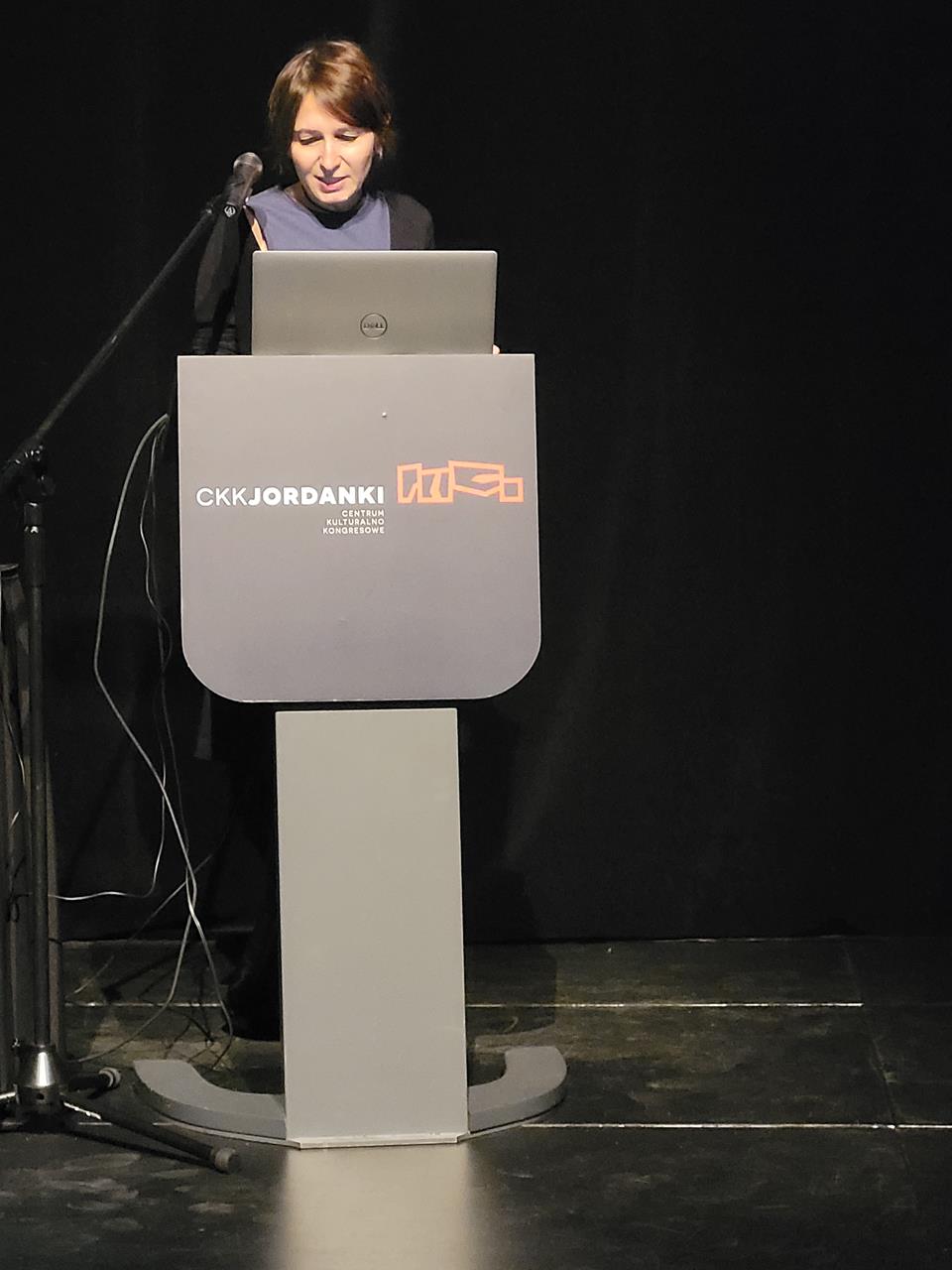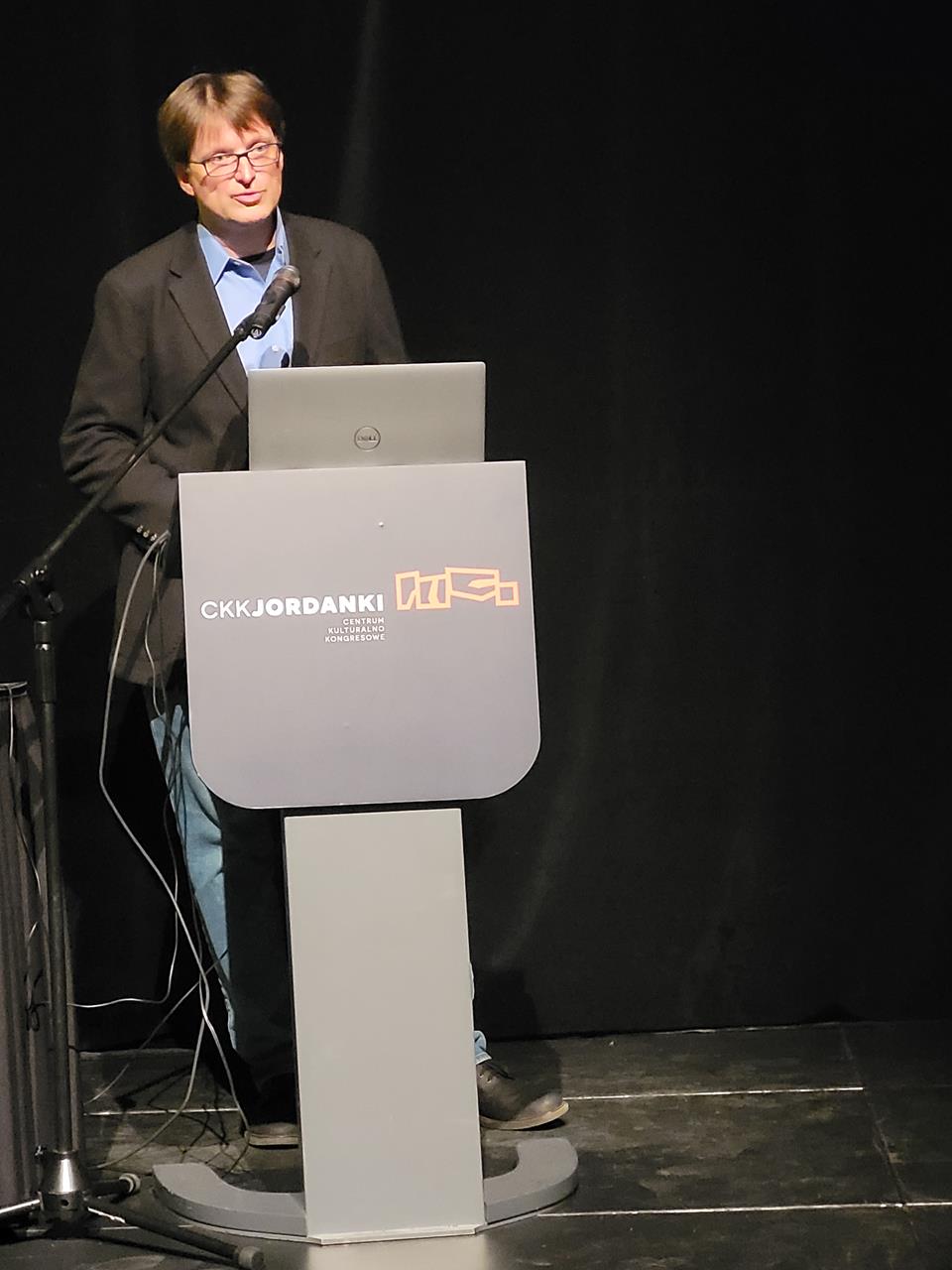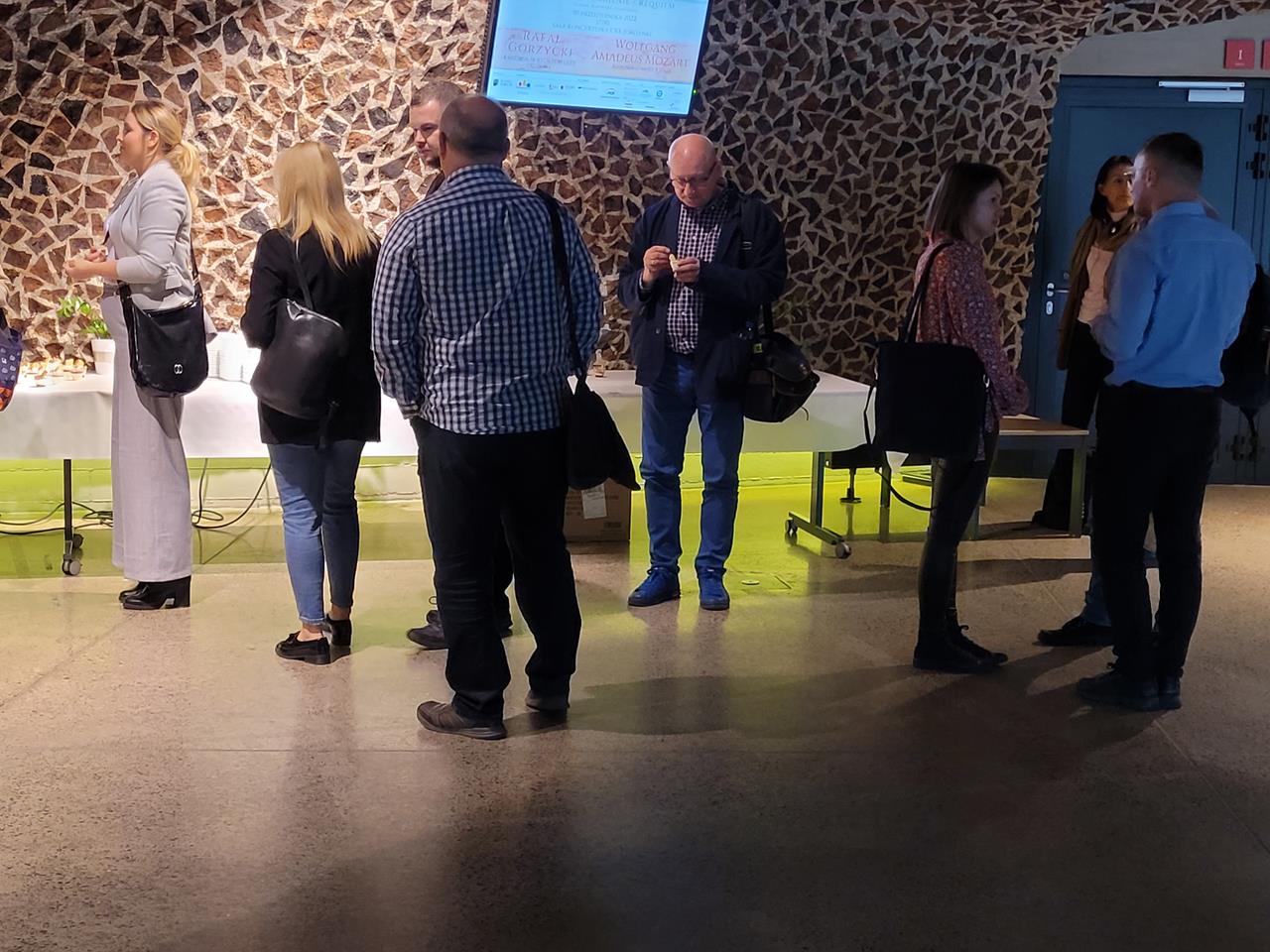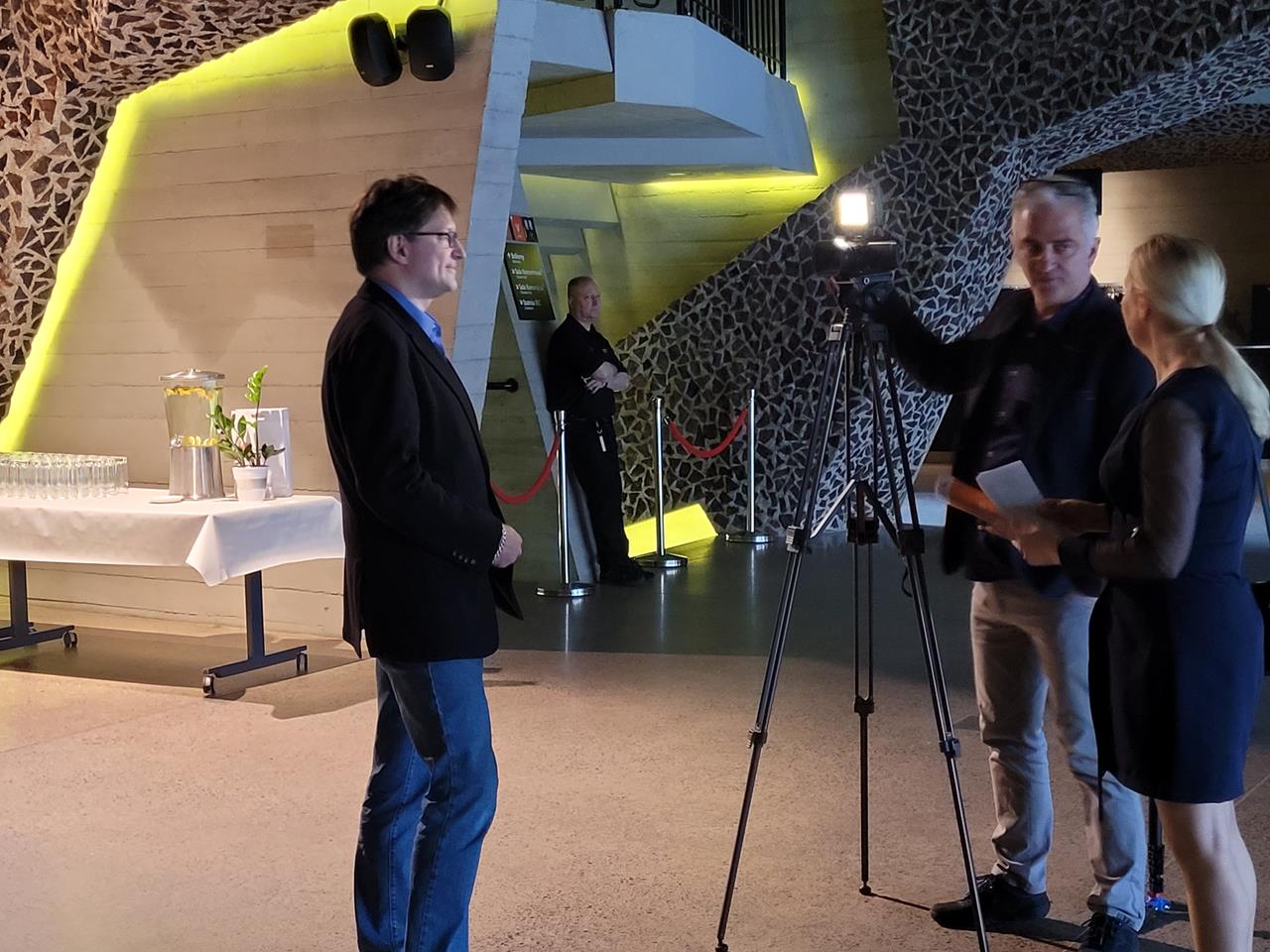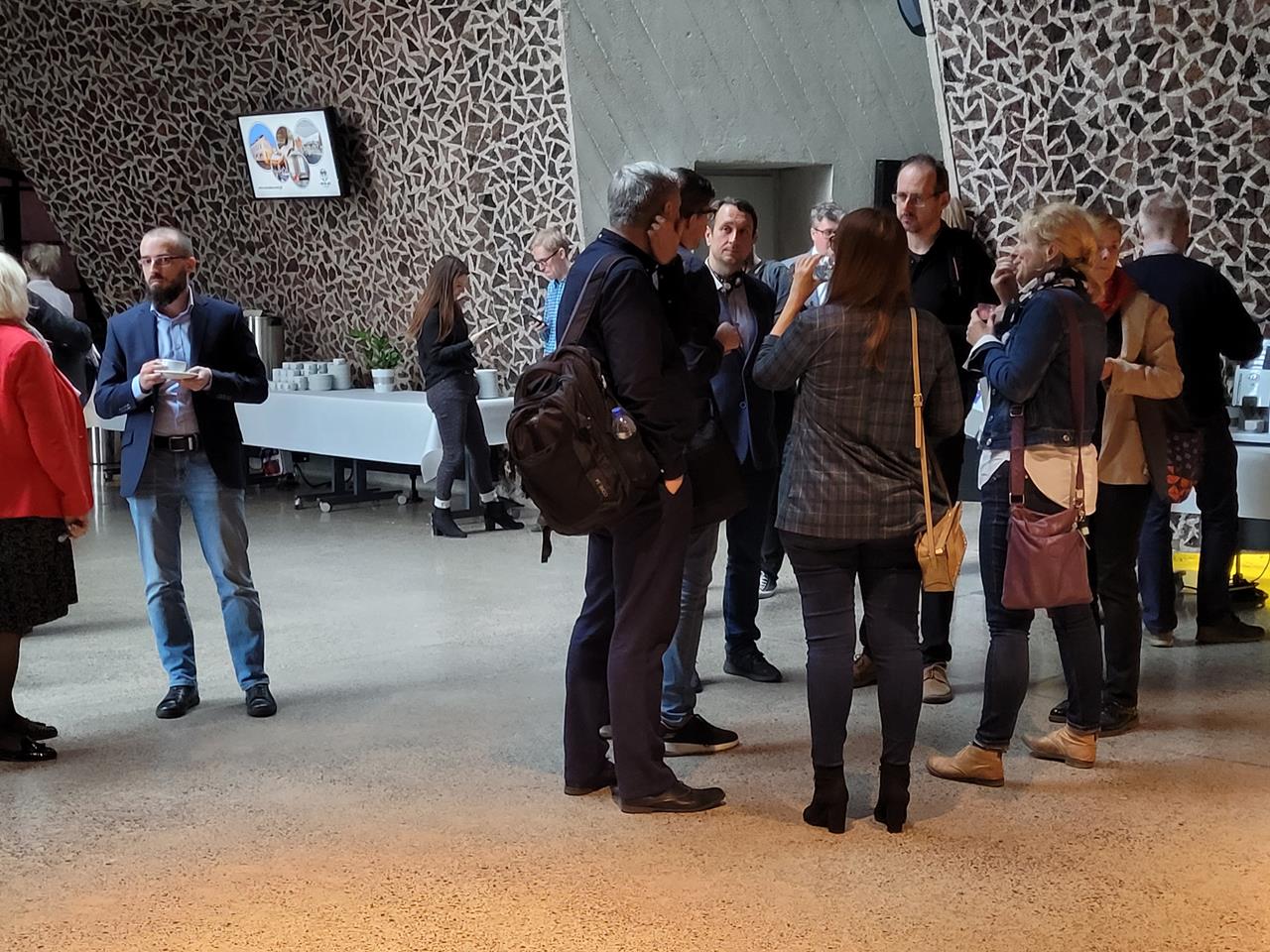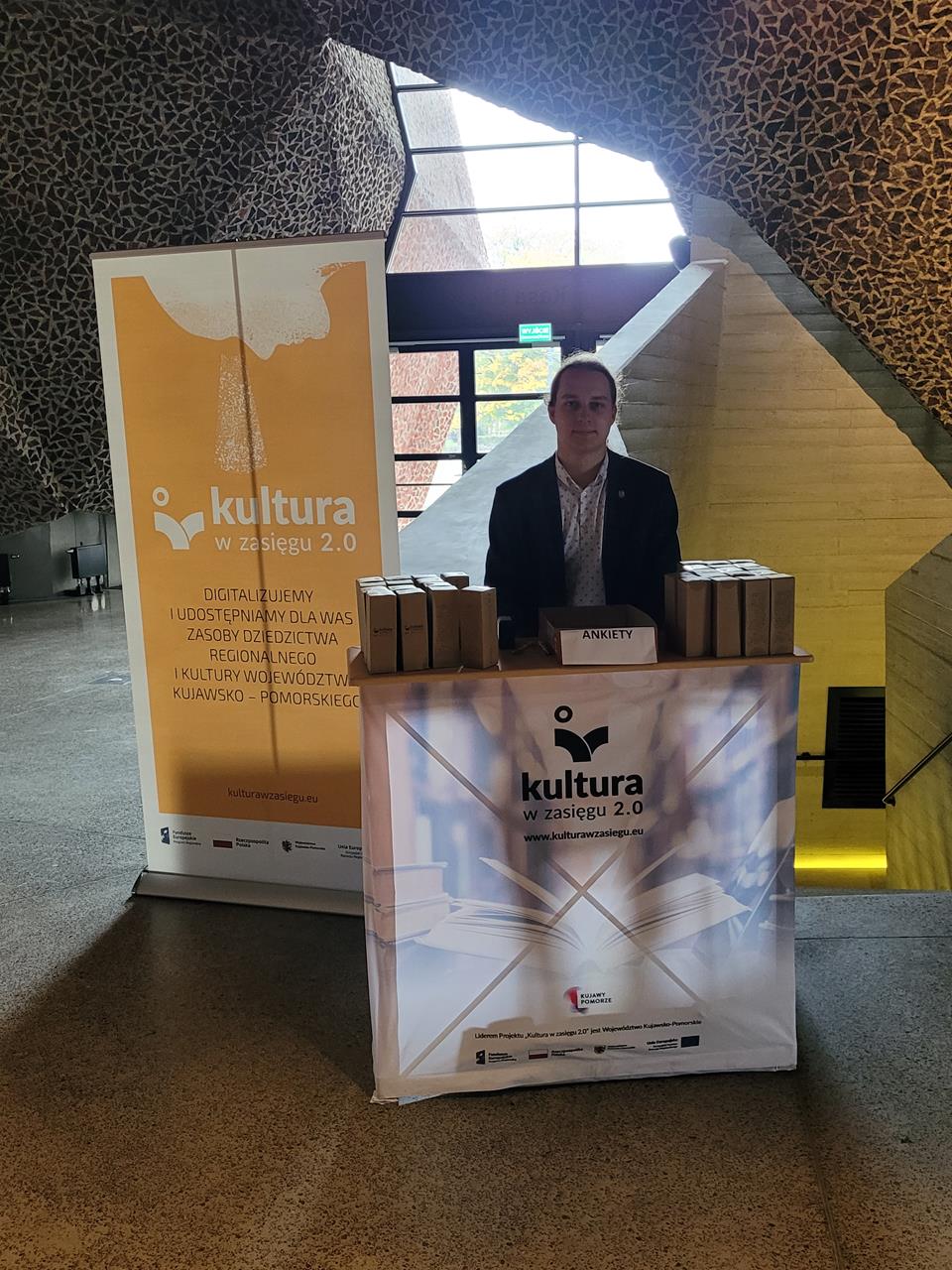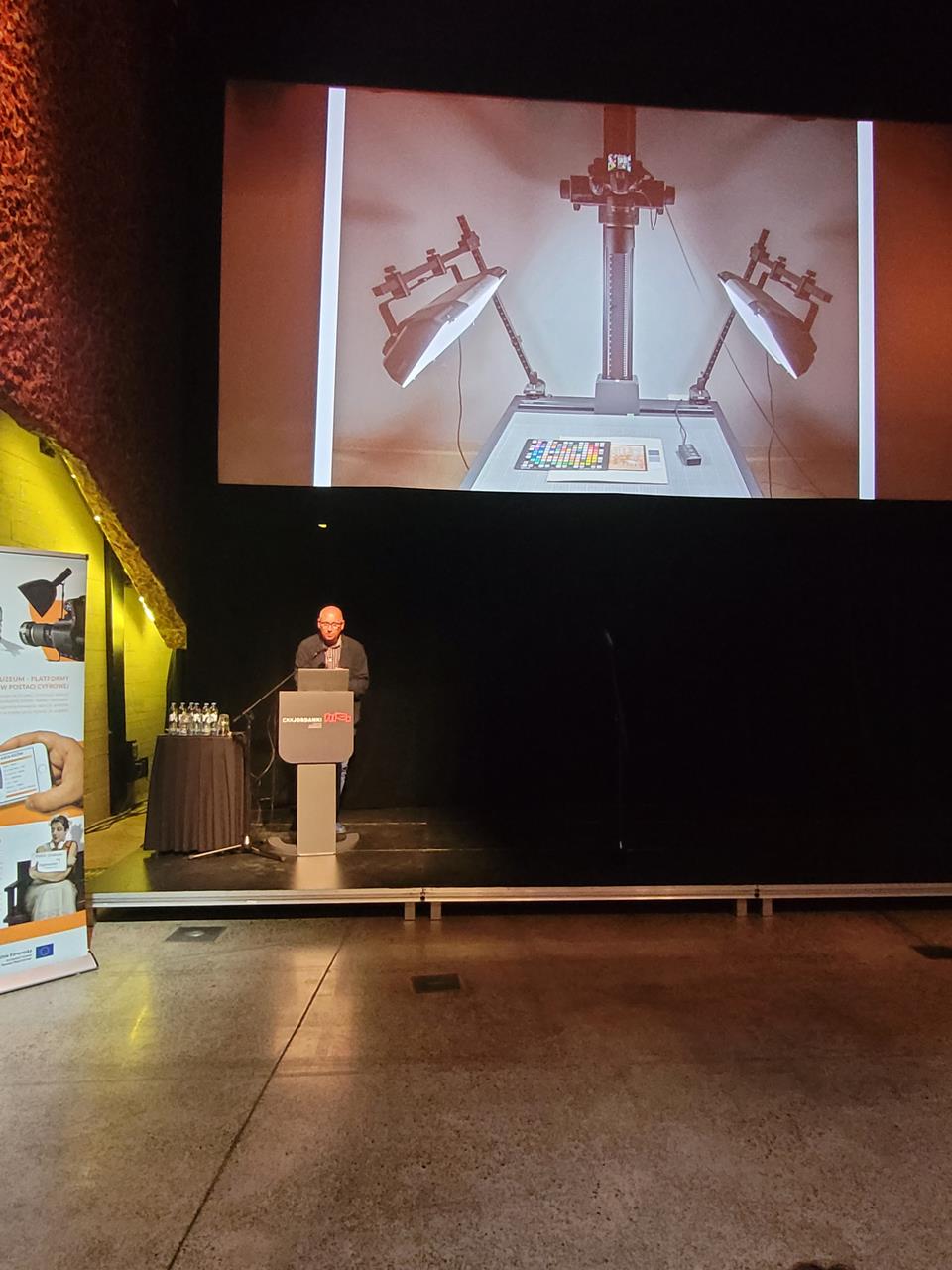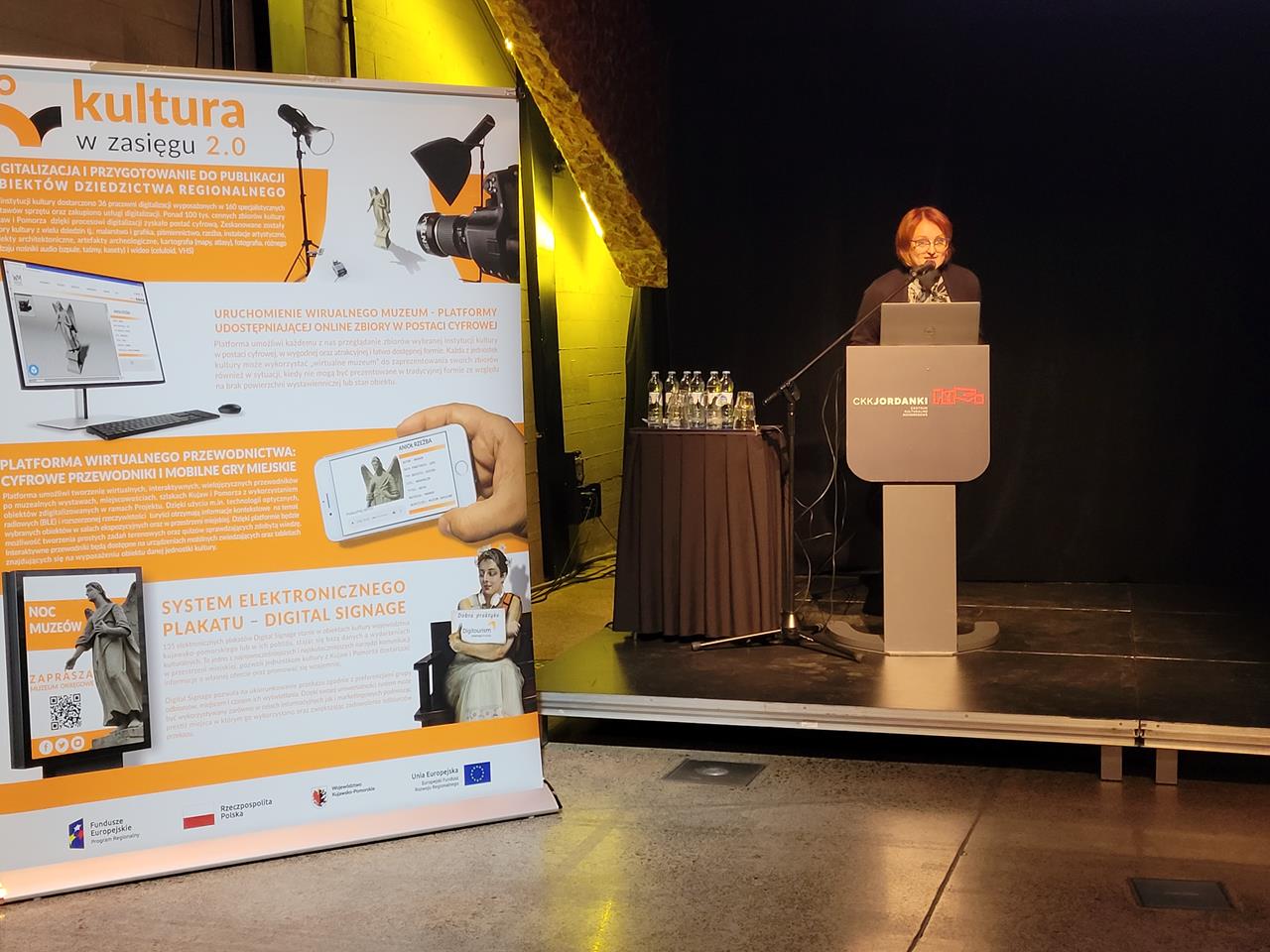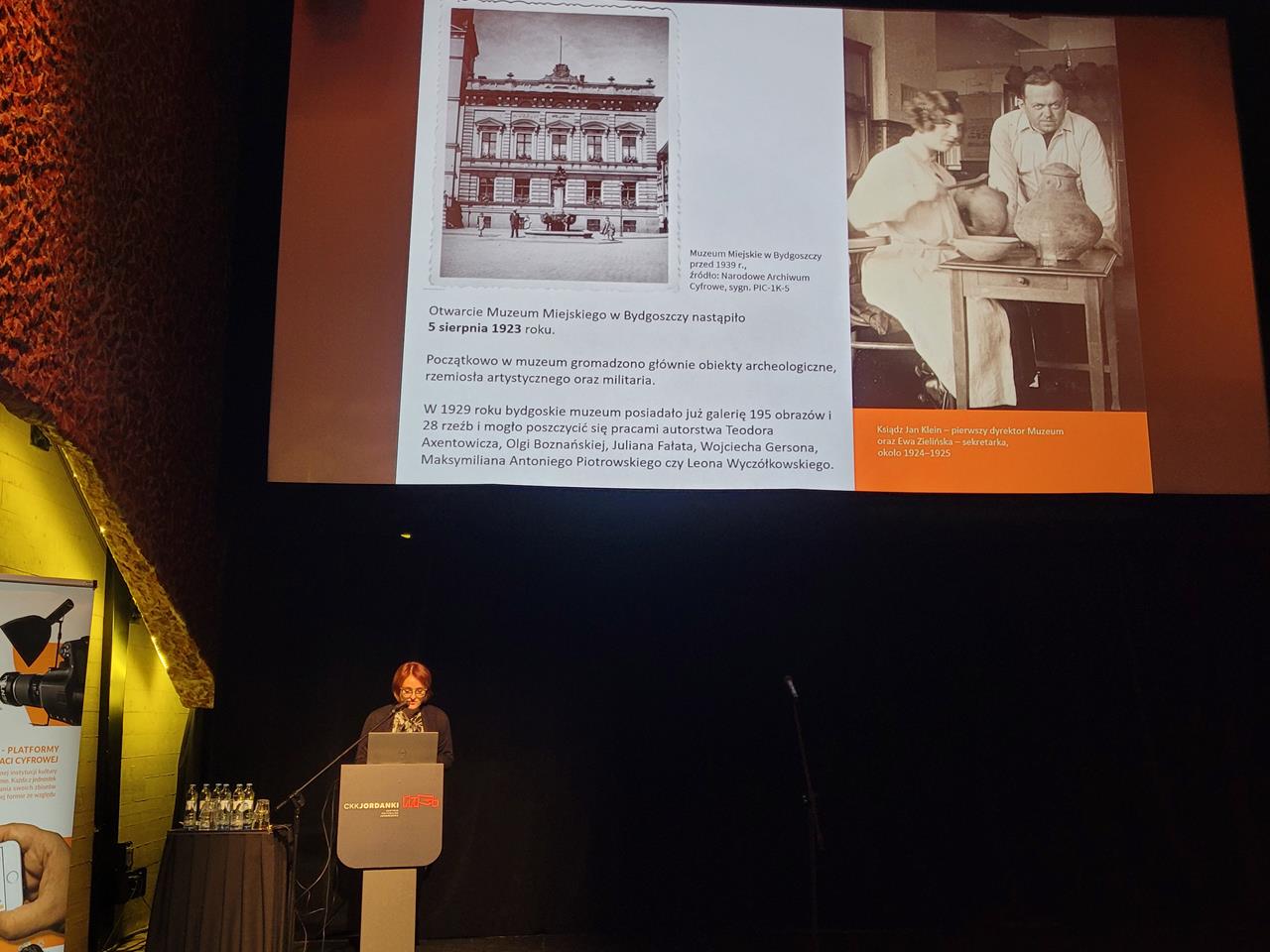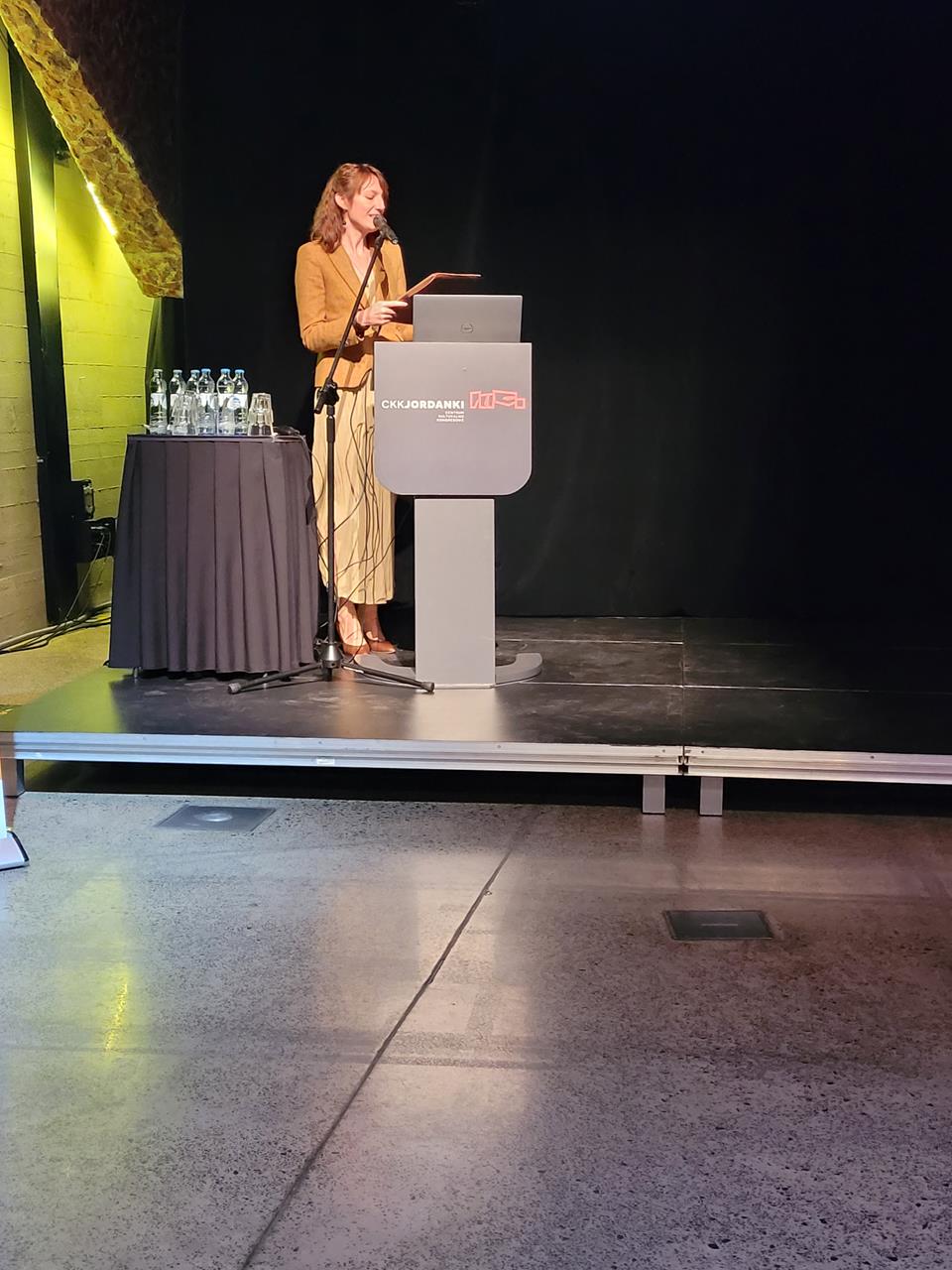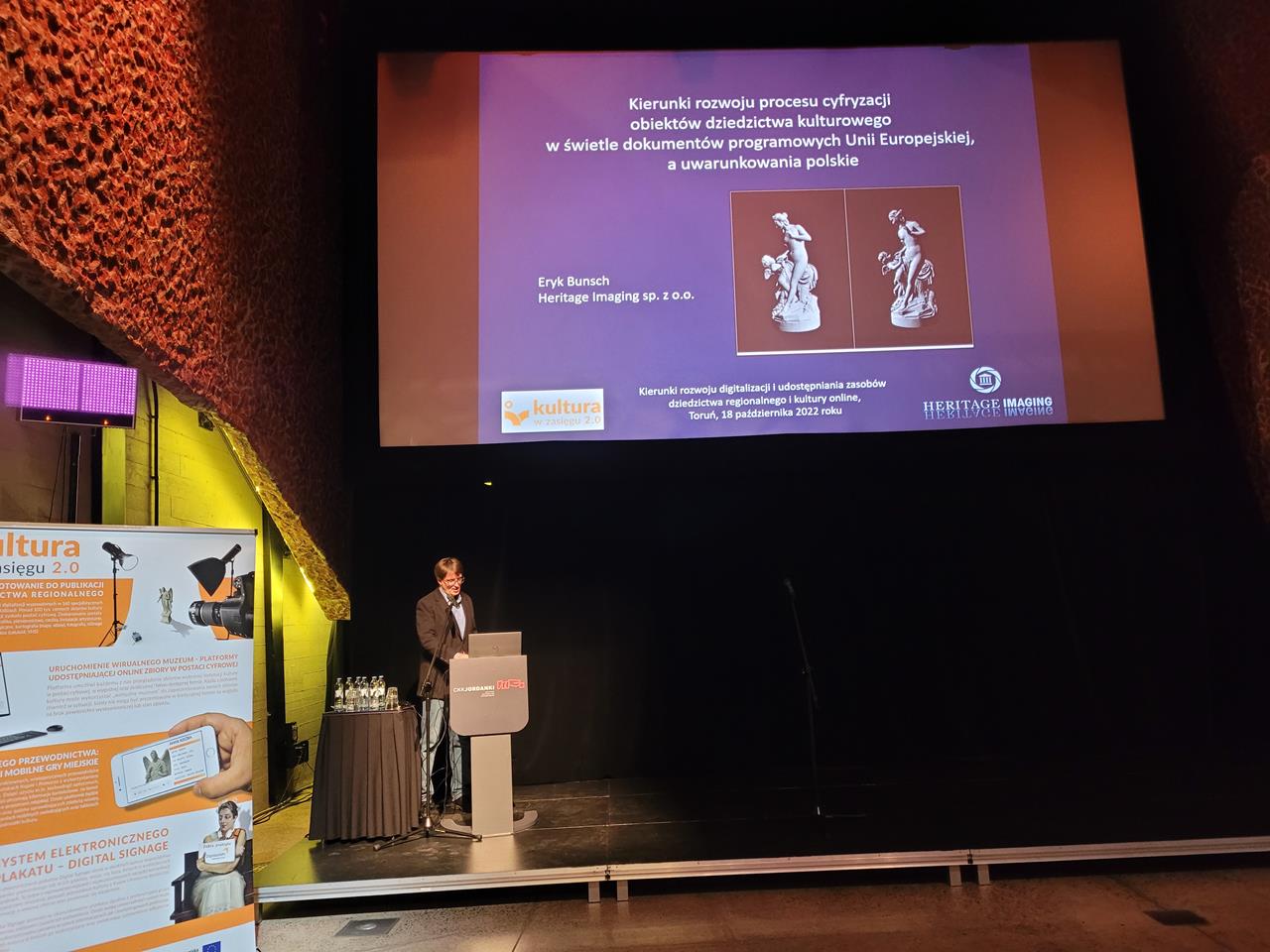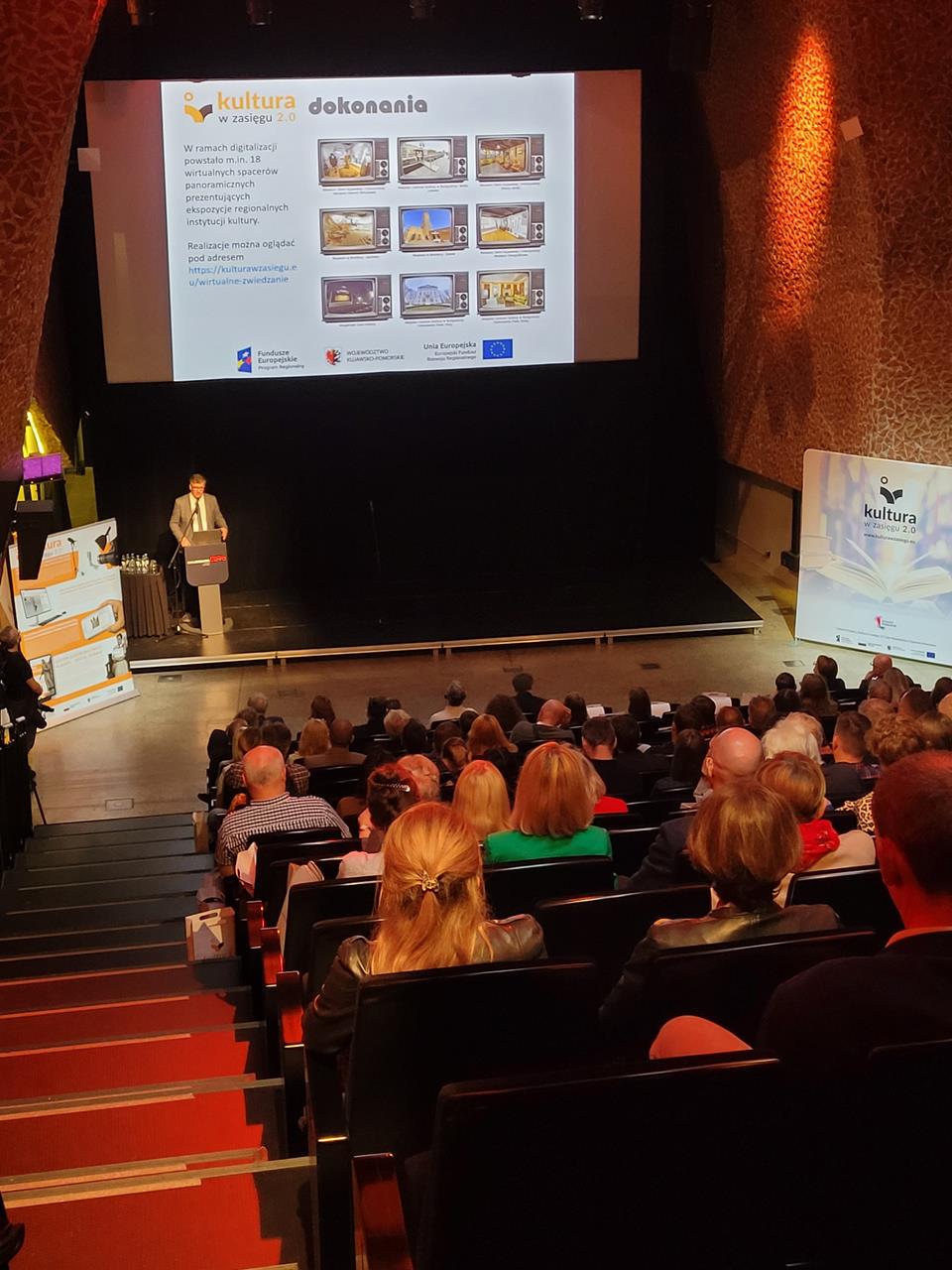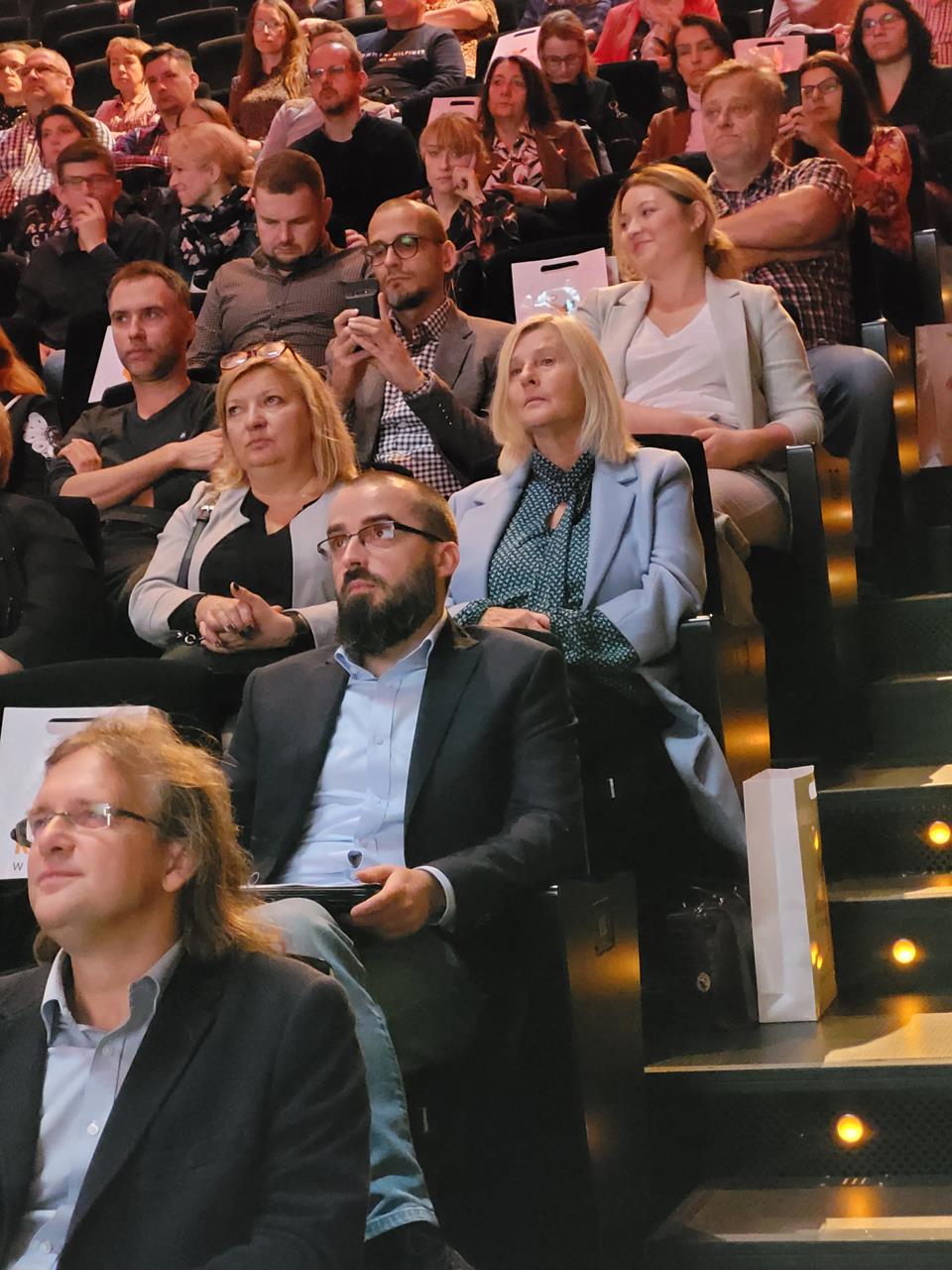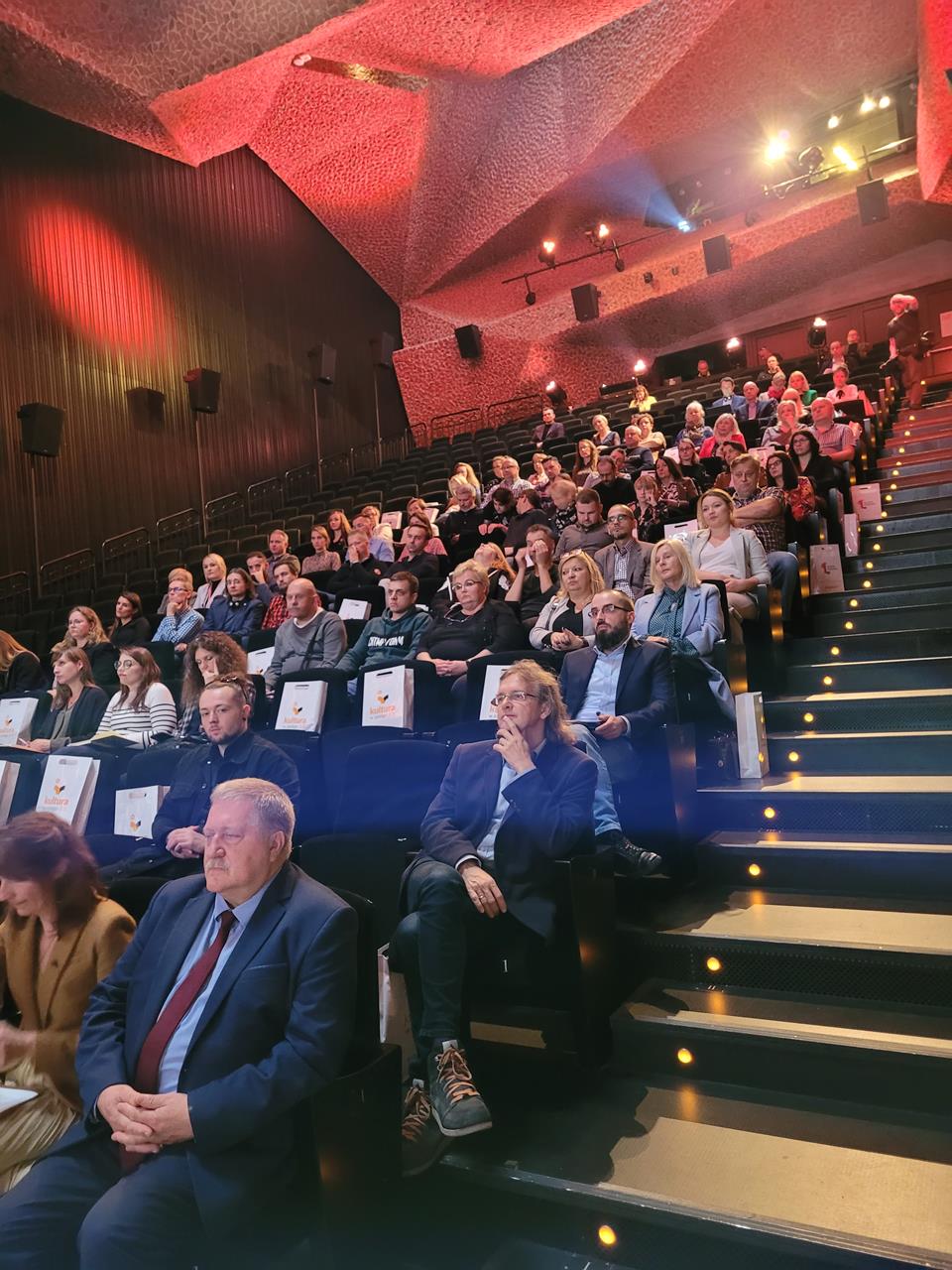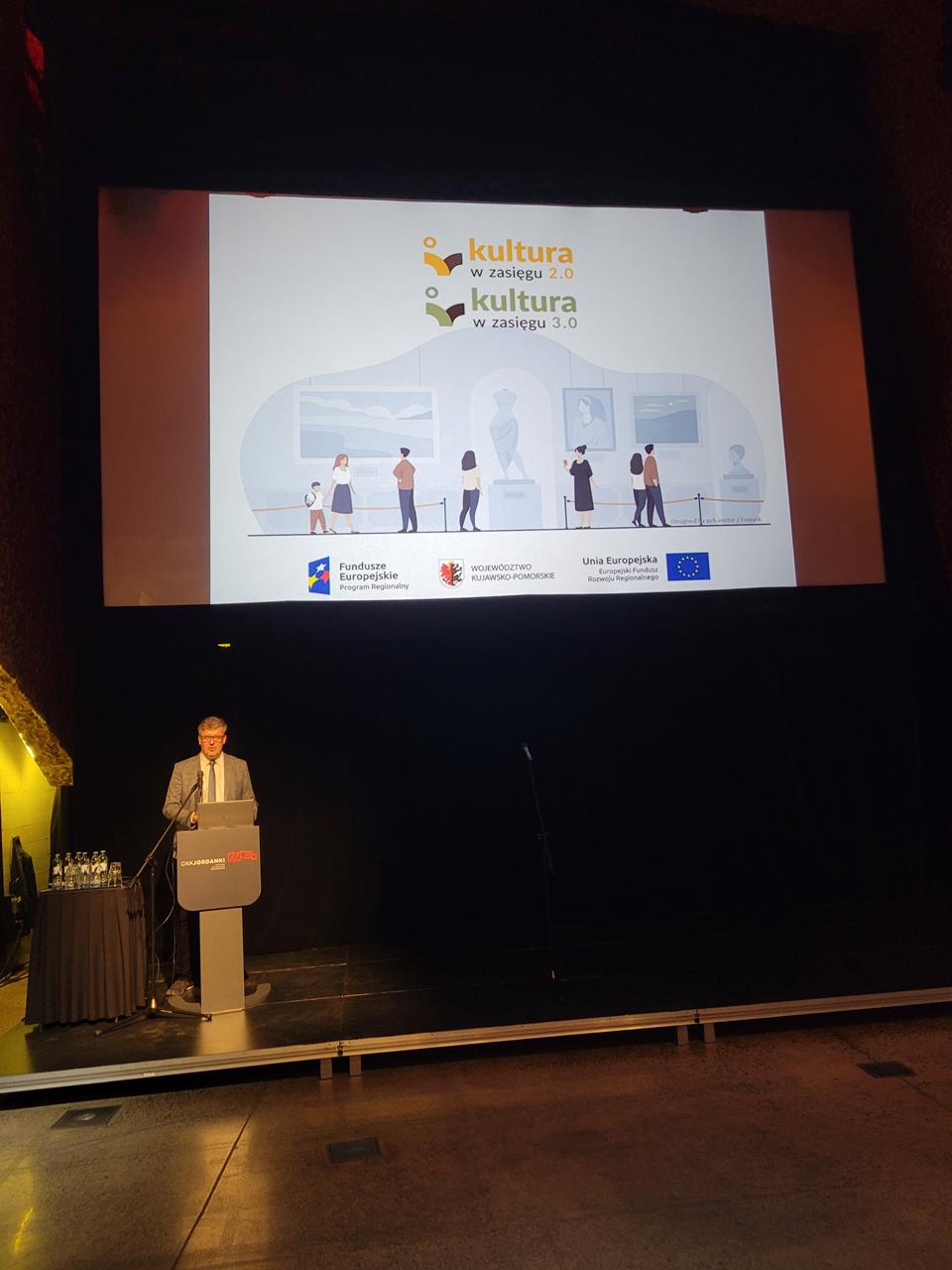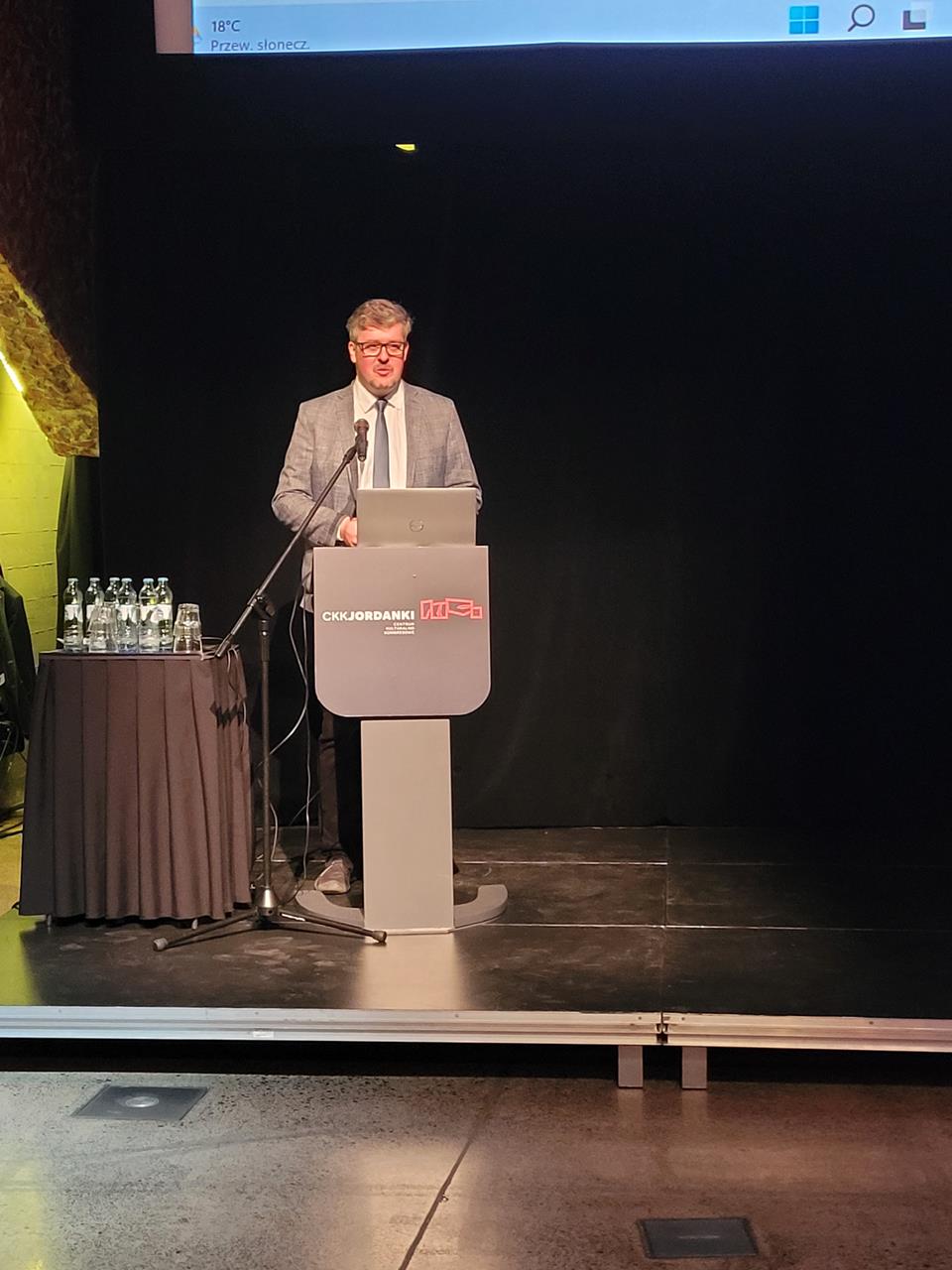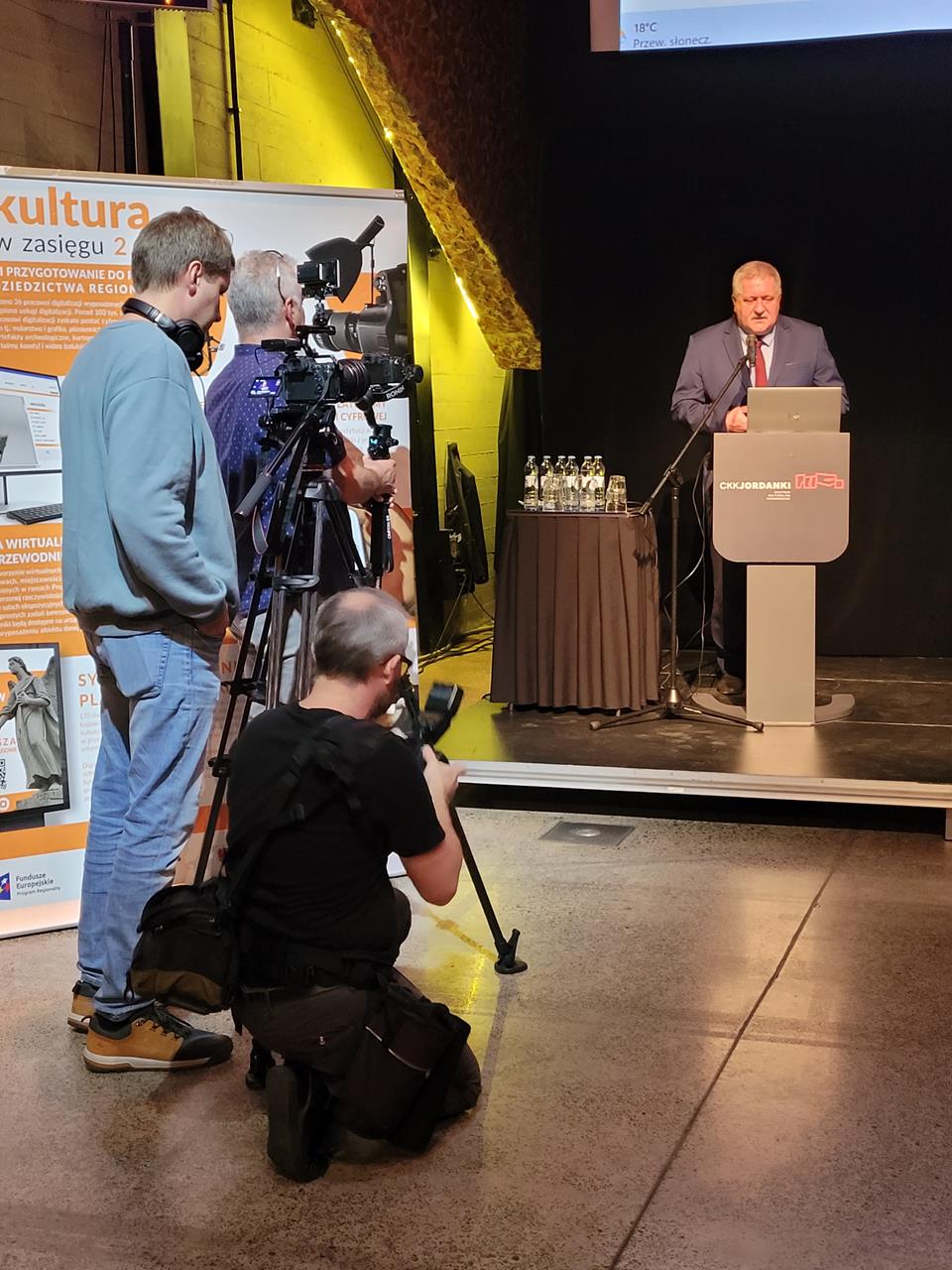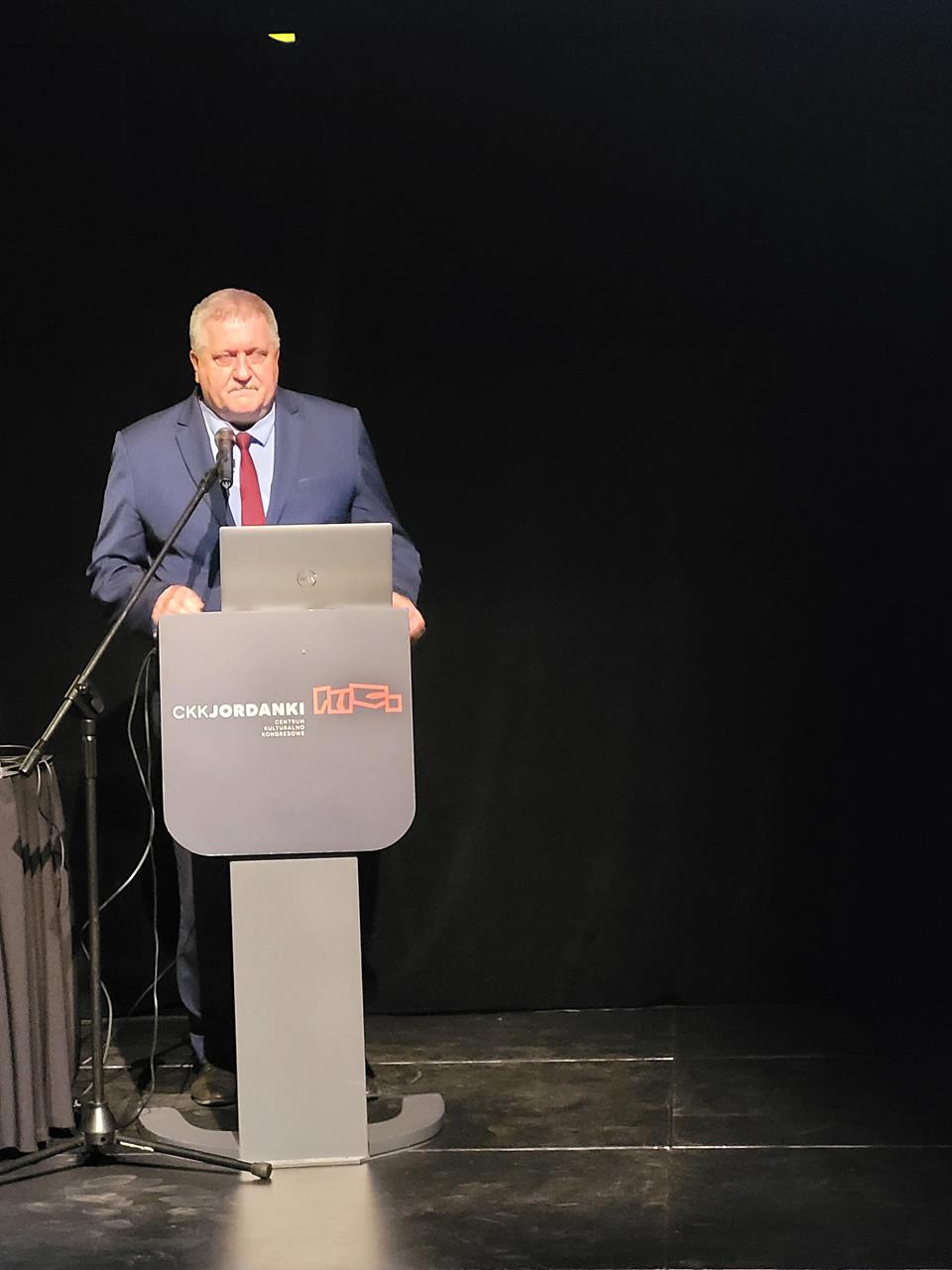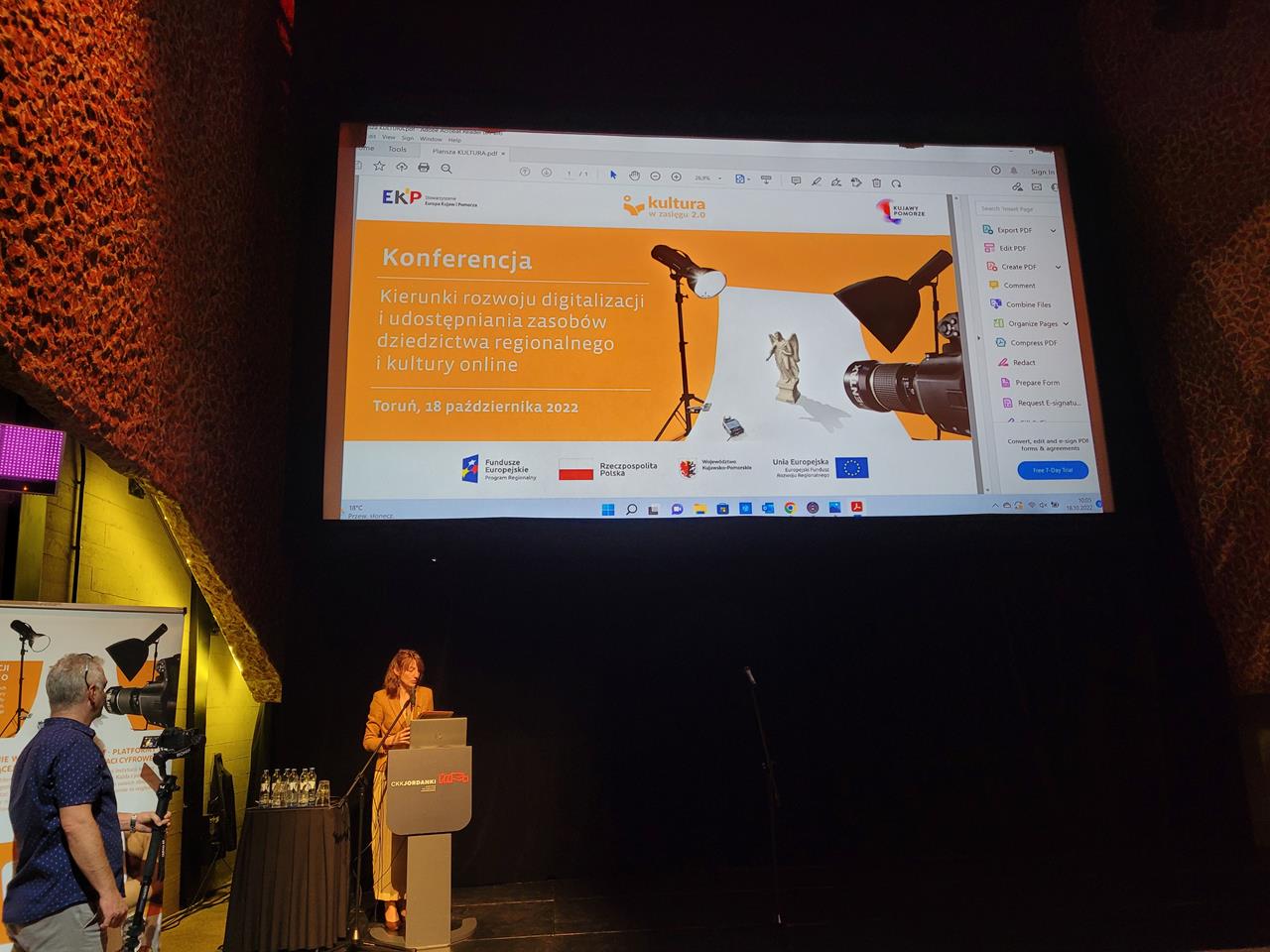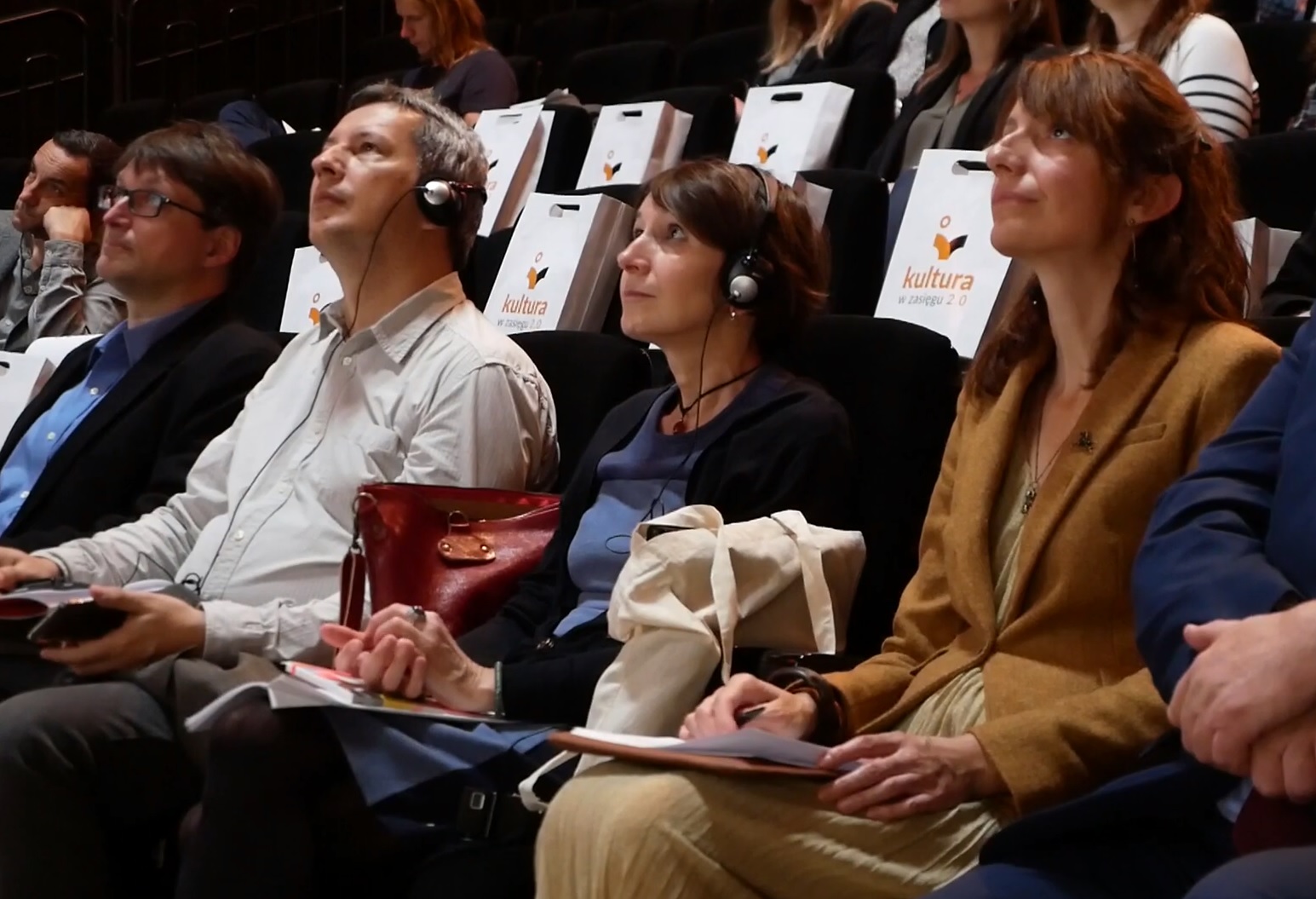
We can rest assured about access to the cultural resources of our region. Thanks to the ‘Culture within Reach 2.0’ Project, cultural institutions have received technologically advanced equipment and are digitizing their valuable collections. Ahead of the Project Leader – the Kuyavian and Pomeranian Voivodeship – are further activities, including the launch of modern Internet portals and the introduction of the region’s resources into global reach.
The experience of the Project implementers and the desire to take a broader look at the topic of digitalization and online accessibility of cultural resources and to share knowledge on the subject inspired the organisation of the conference “Directions for the Development of Digitalization and Online Accessibility of Regional Heritage and Cultural Resources”.
The conference, held on October 18, 2023 at the CKK Jordanki in Toruń, was attended by European and Polish experts in the field of digitalization and making cultural heritage accessible. Dr Licia Calvi, a Dutch lecturer and researcher at Breda University of Applied Sciences, presented her vision of the future of museums and exhibitions in the context of modern technology. Her work deals with digital transformation in cultural tourism. Her research focuses on the design of museum experiences and the use of digital storytelling for cultural heritage. She has experimented with different technologies (VR and AR, mixed media). The director of one of the largest companies in Hungary, which has been providing cutting-edge IT solutions in culture and tourism for more than 20 years, Peter Rendes, talked about how to bring today’s exhibitions to life. Thanks to Erik Bunsch, head of the Three-Dimensional Documentation Workshop at the King John III Palace Museum in Wilanów and an expert at the National Institute of Museums and Collections Protection and the National Audiovisual Institute in digital techniques for the documentation of cultural heritage objects, we learned how the Polish context relates to the legal and technological aspects of digitalization in the light of EU programme documents. During the conference, good practices concerning the digitalization of cultural resources were presented by representatives of the District Museum in Bydgoszcz and the CCA ‘Znaki Czasu’ in Toruń.
A video summary of the Conference


